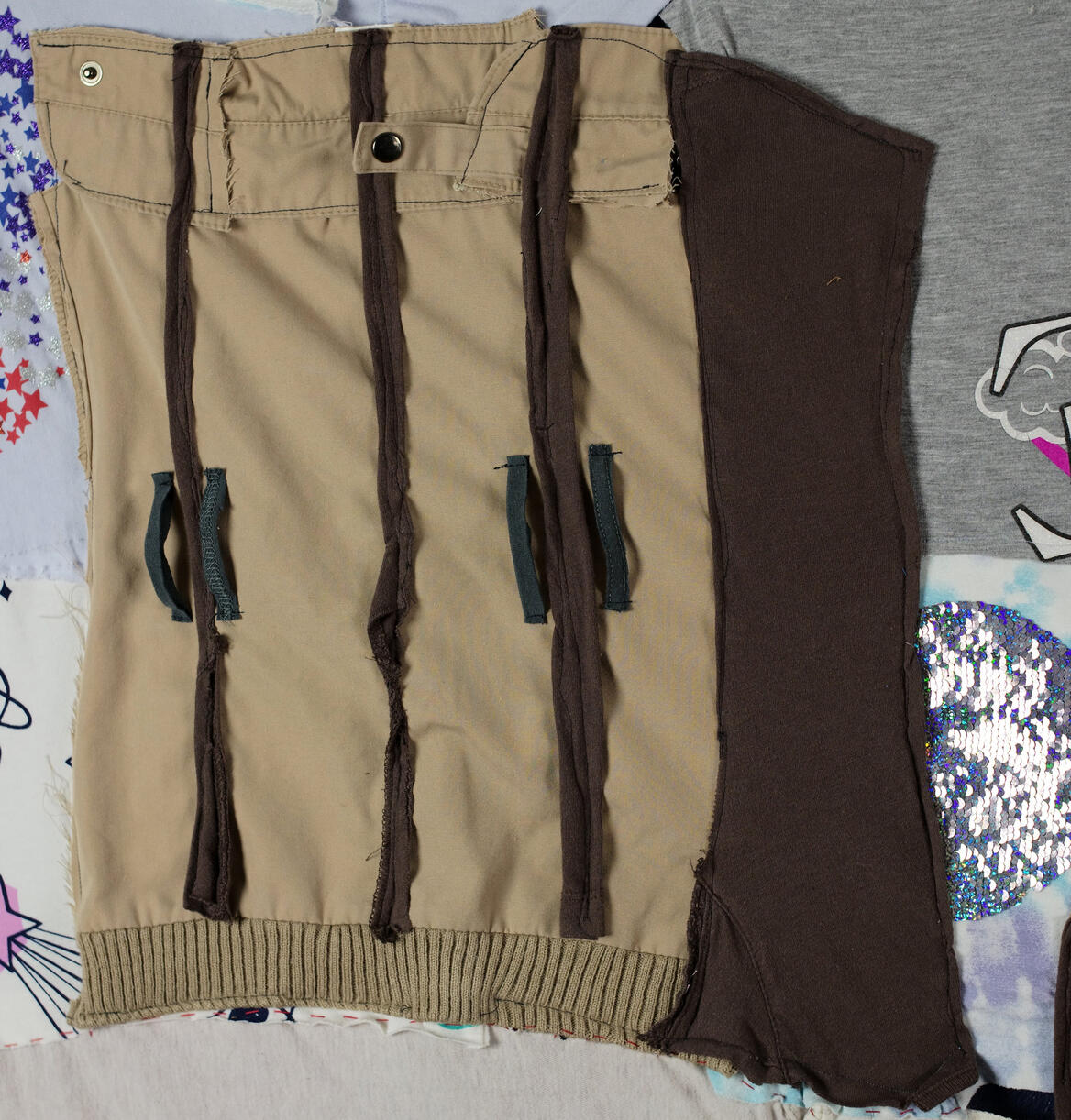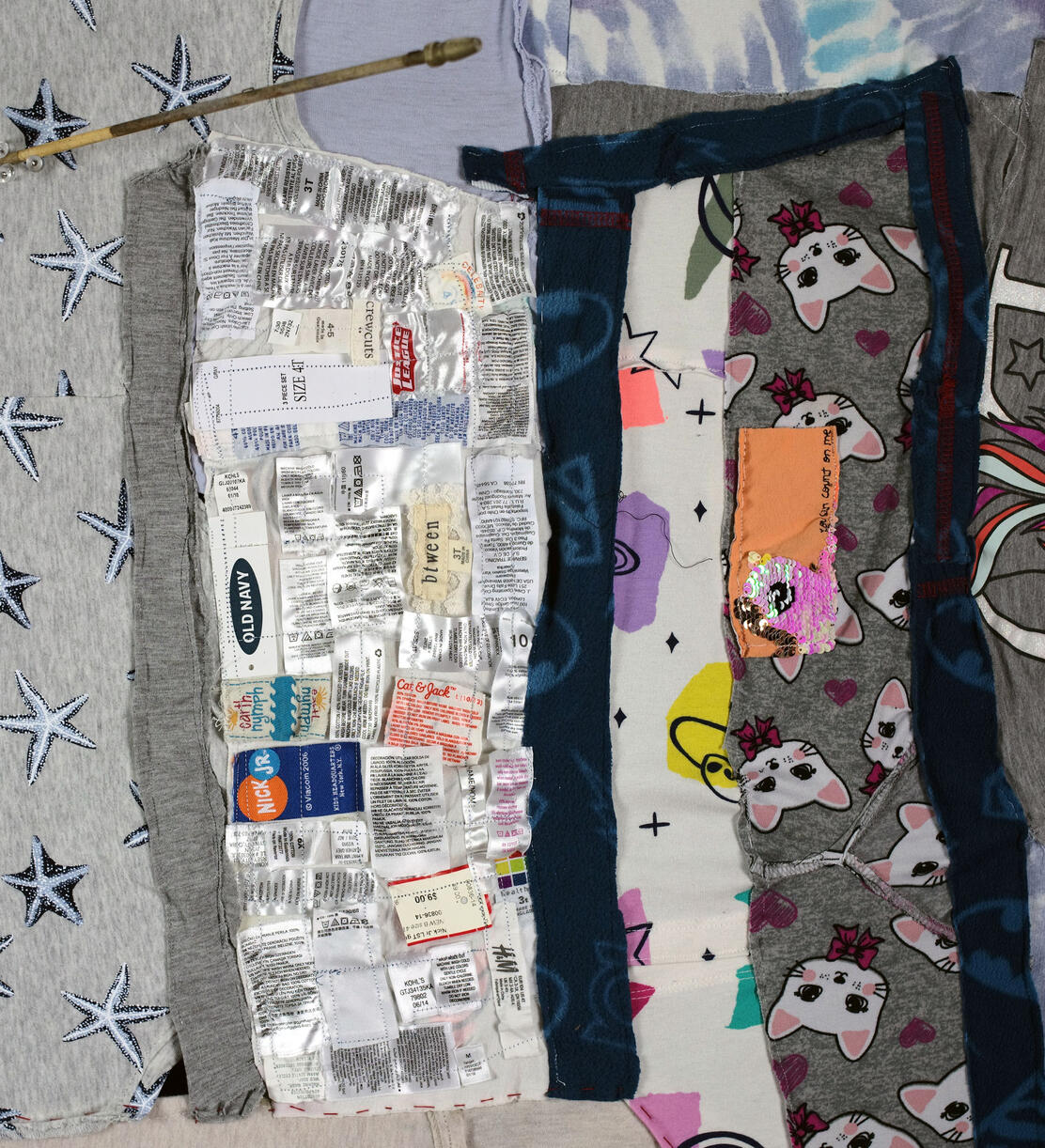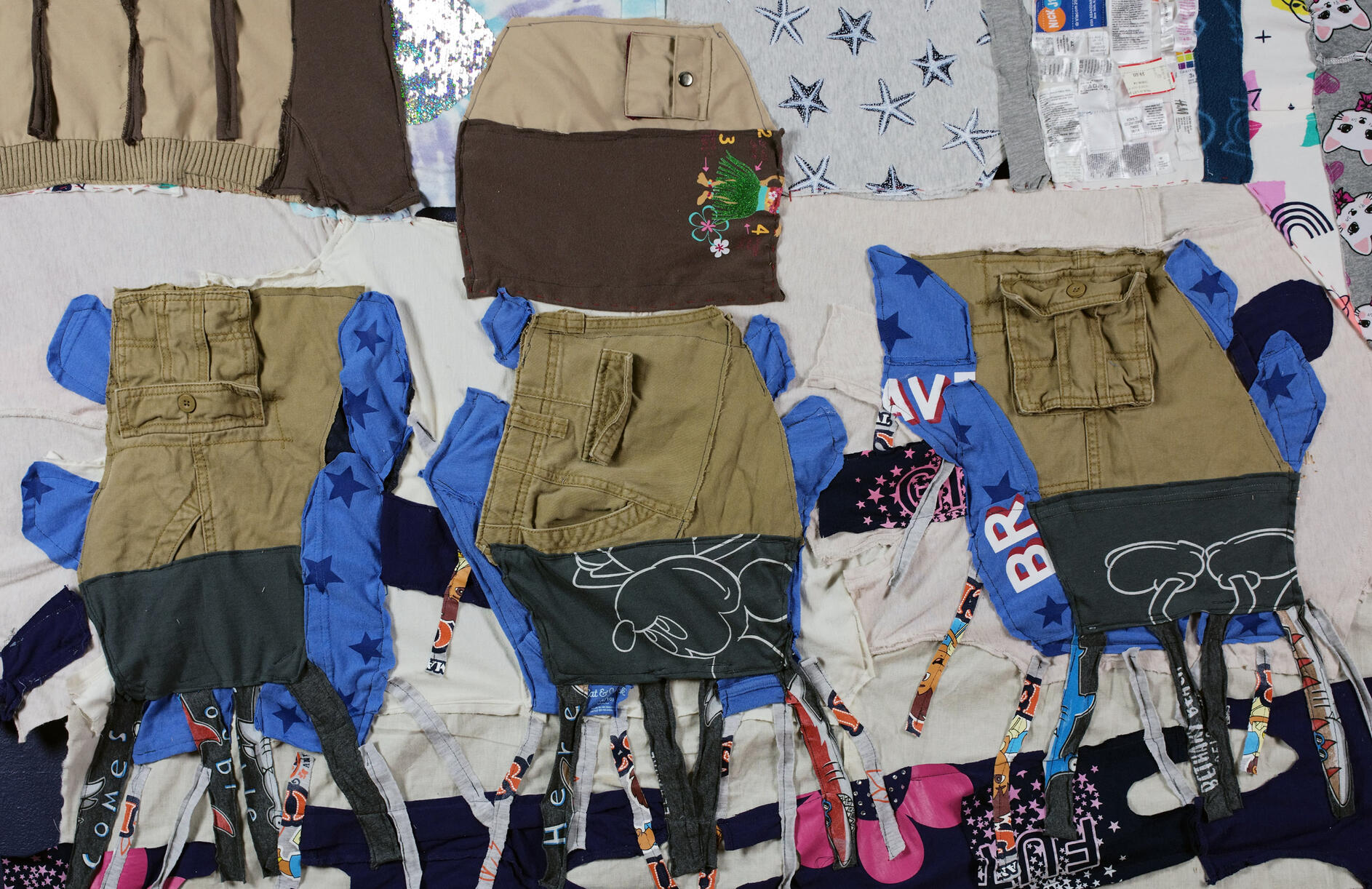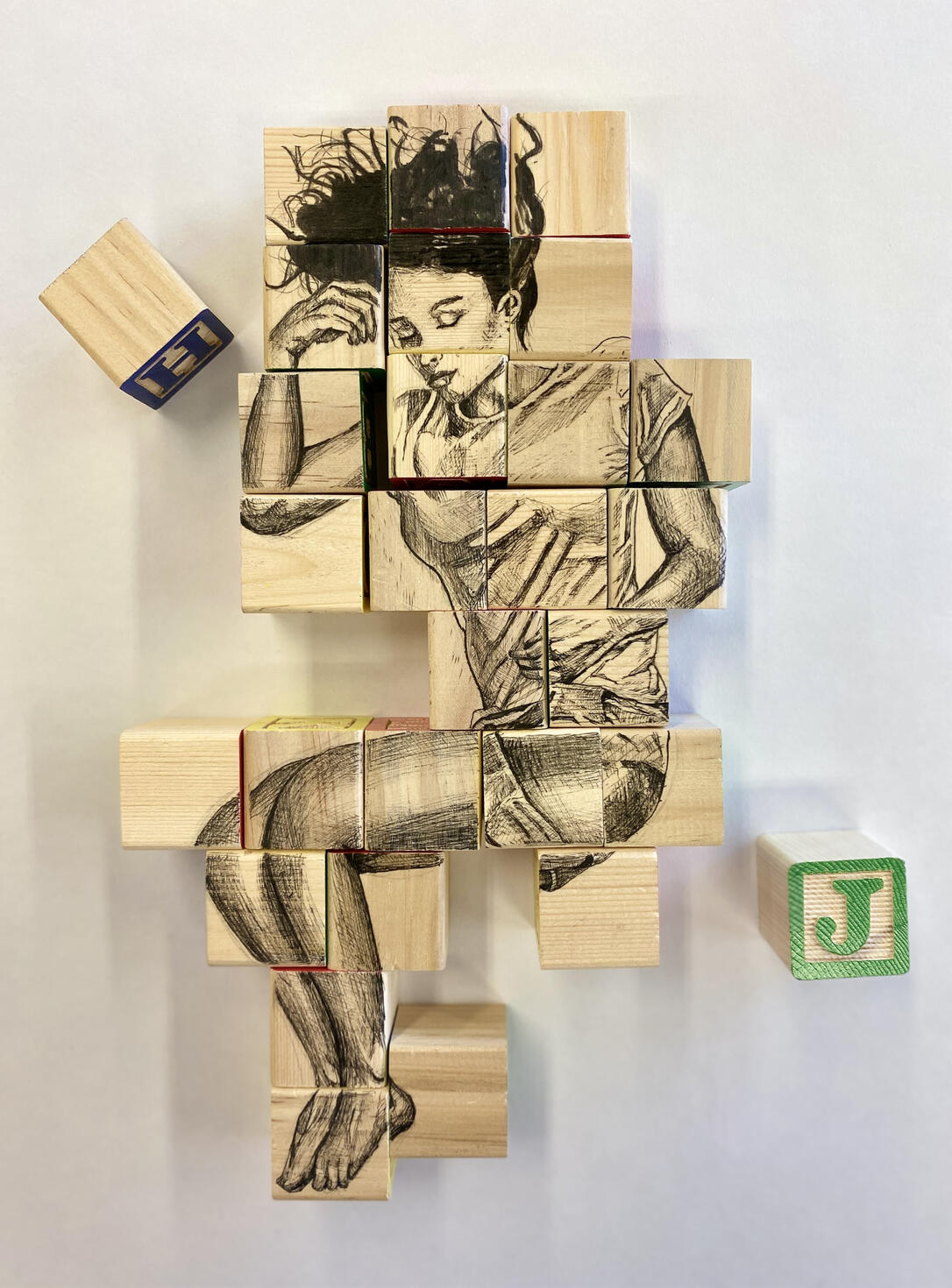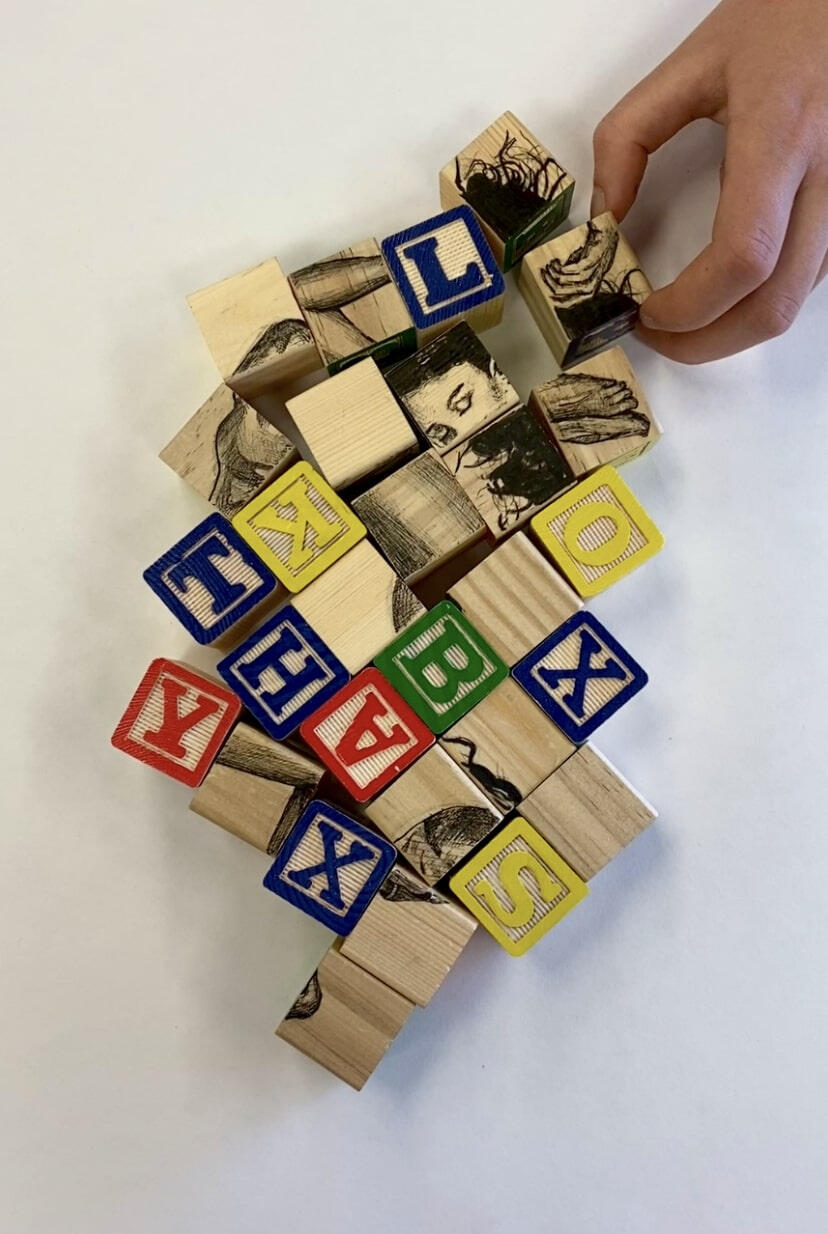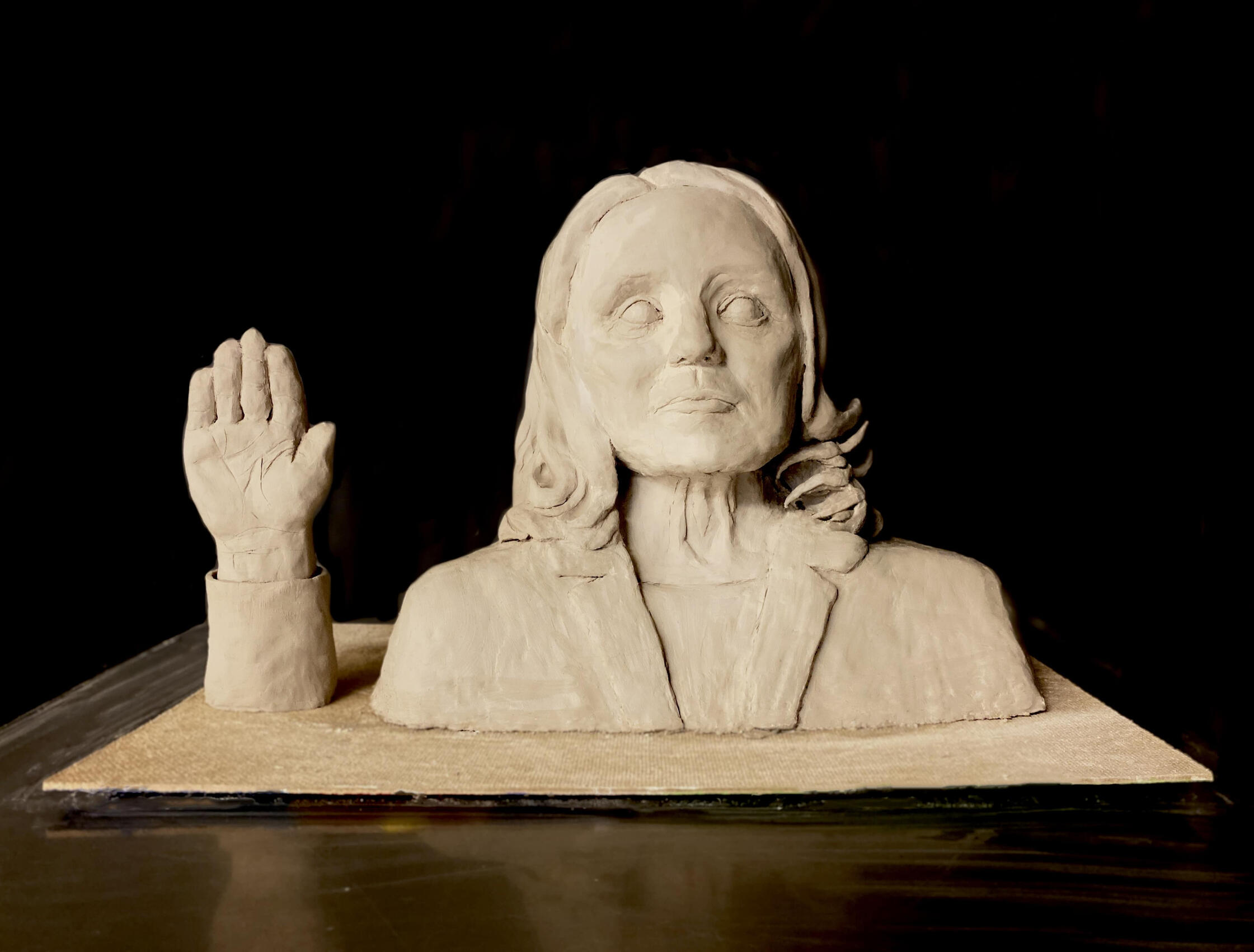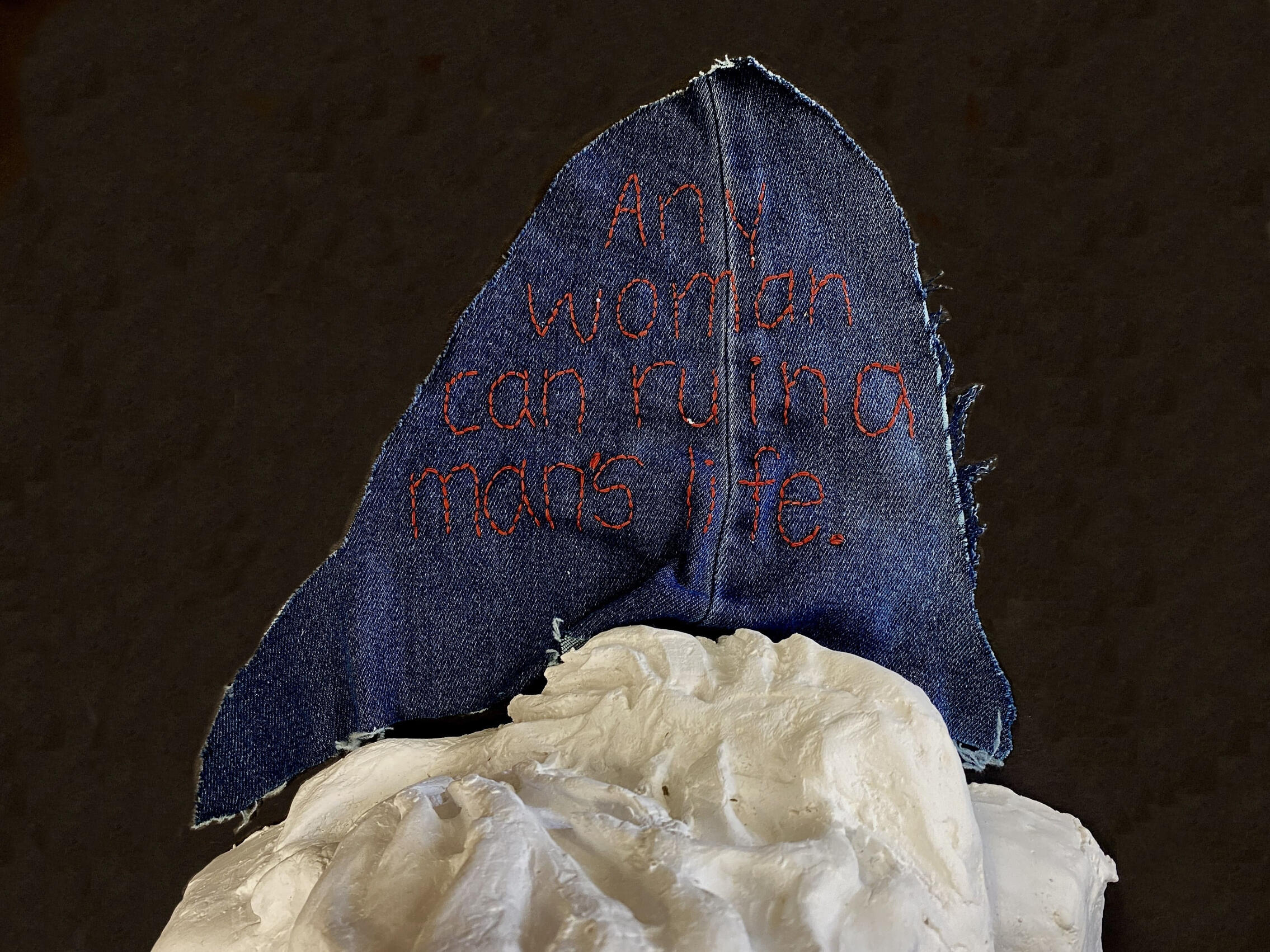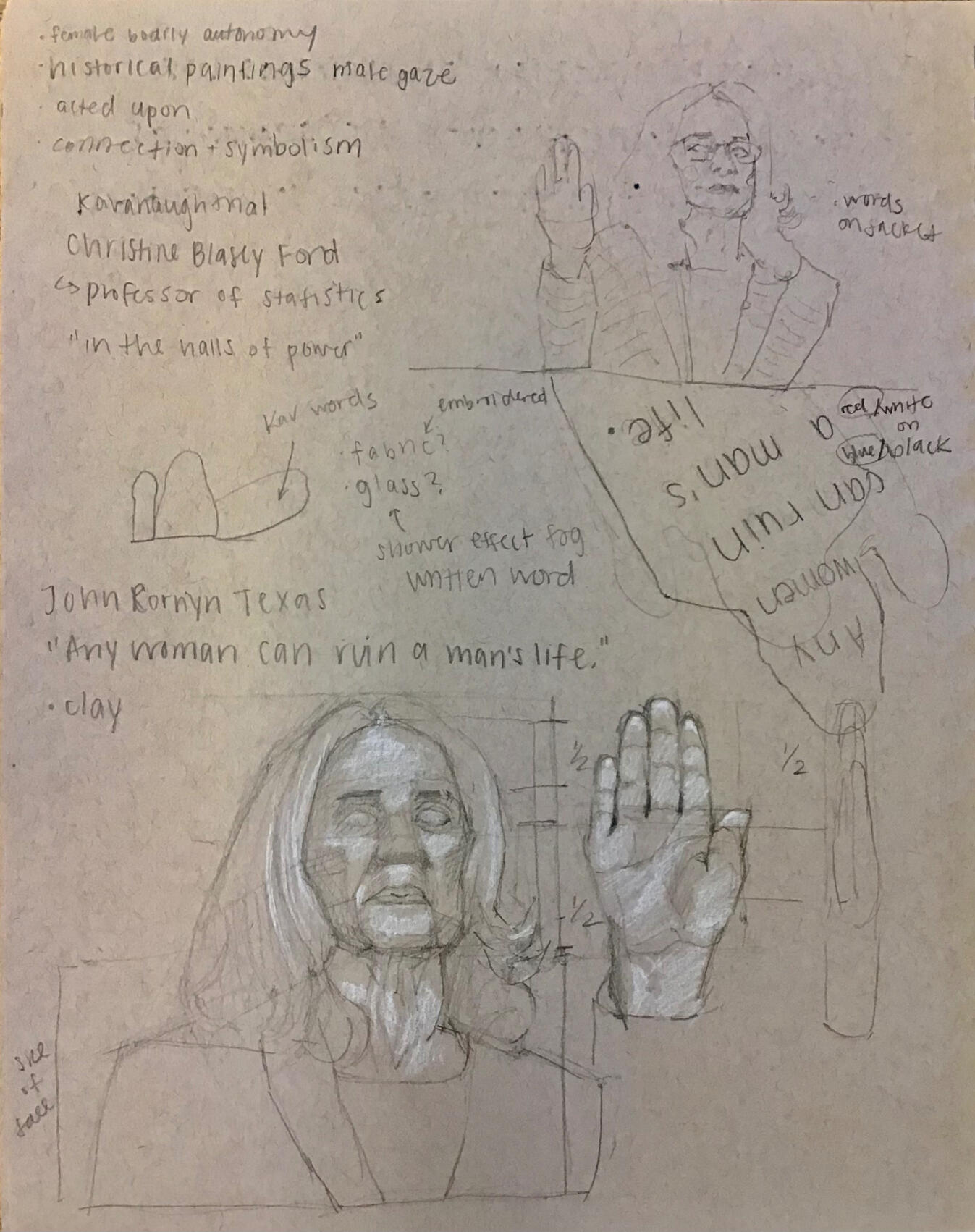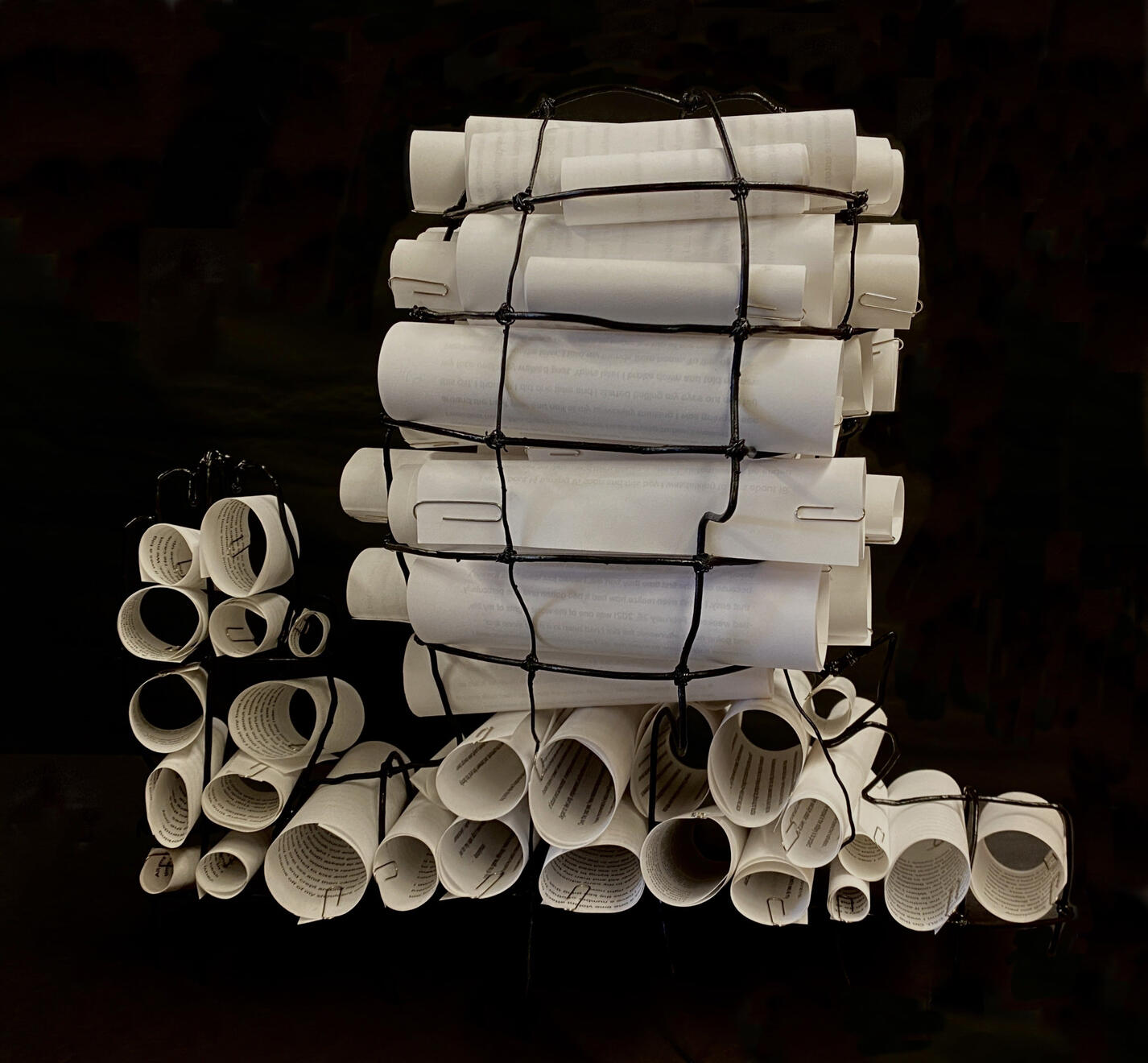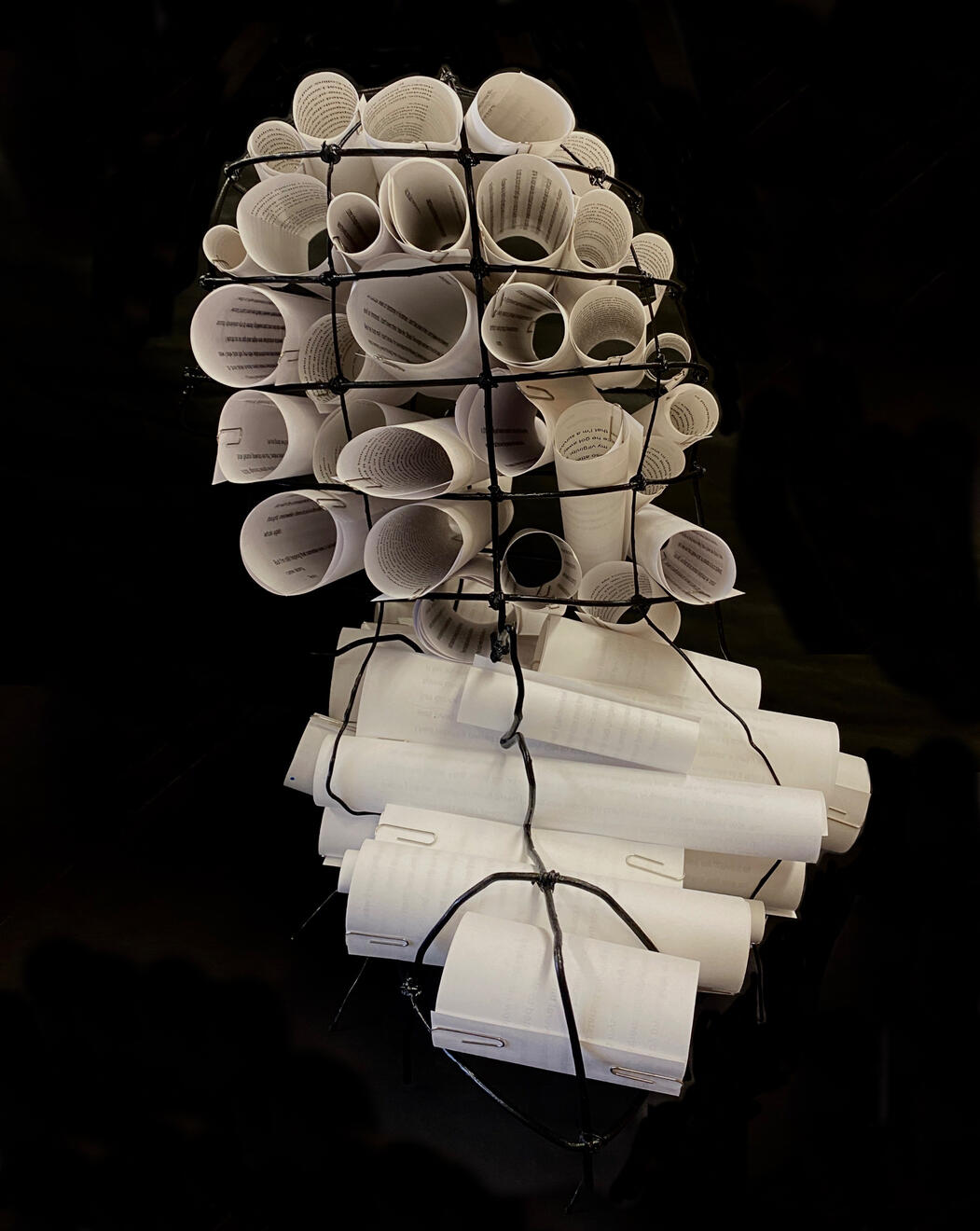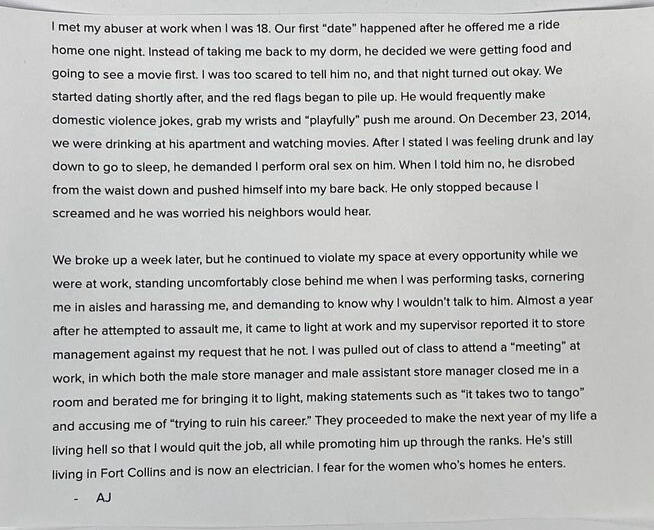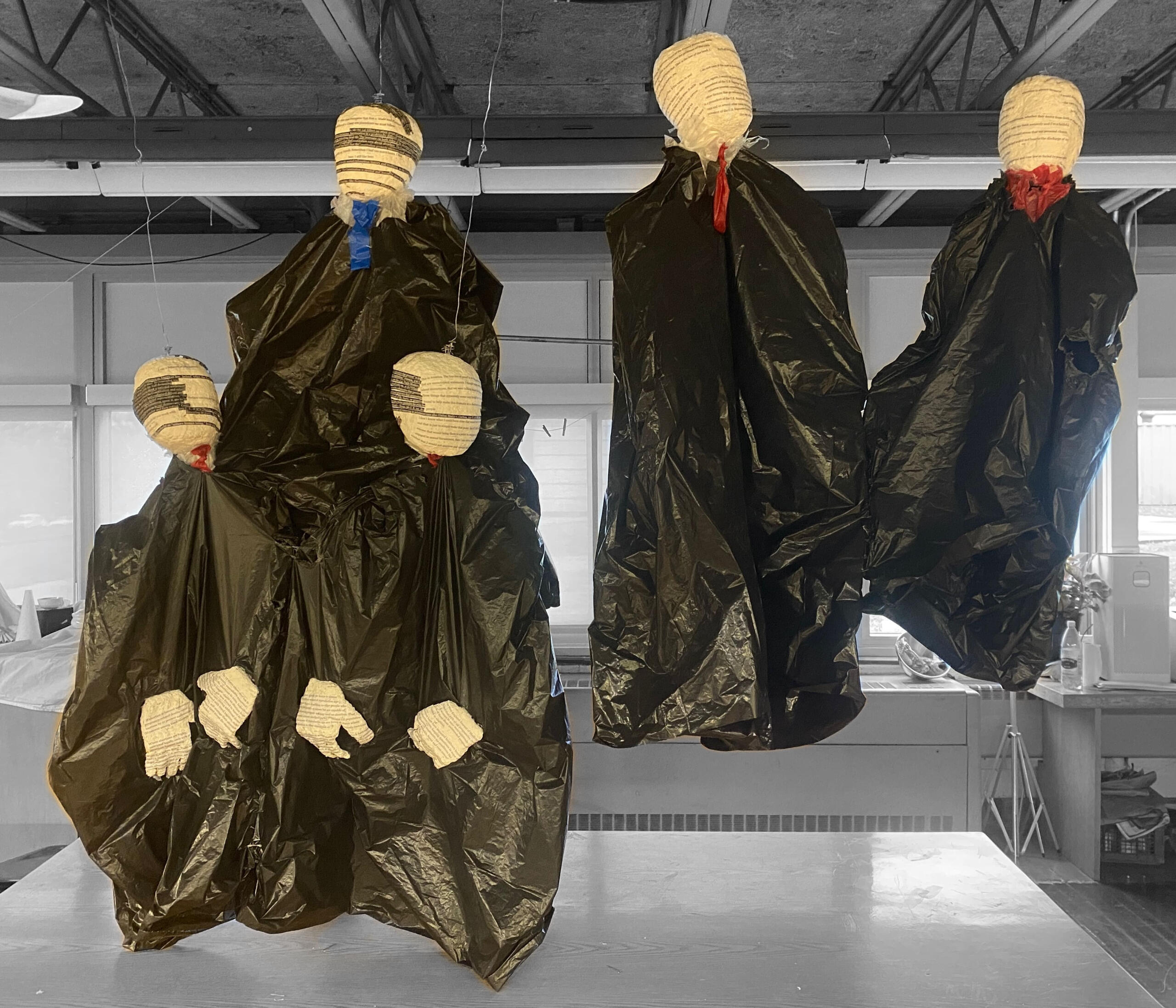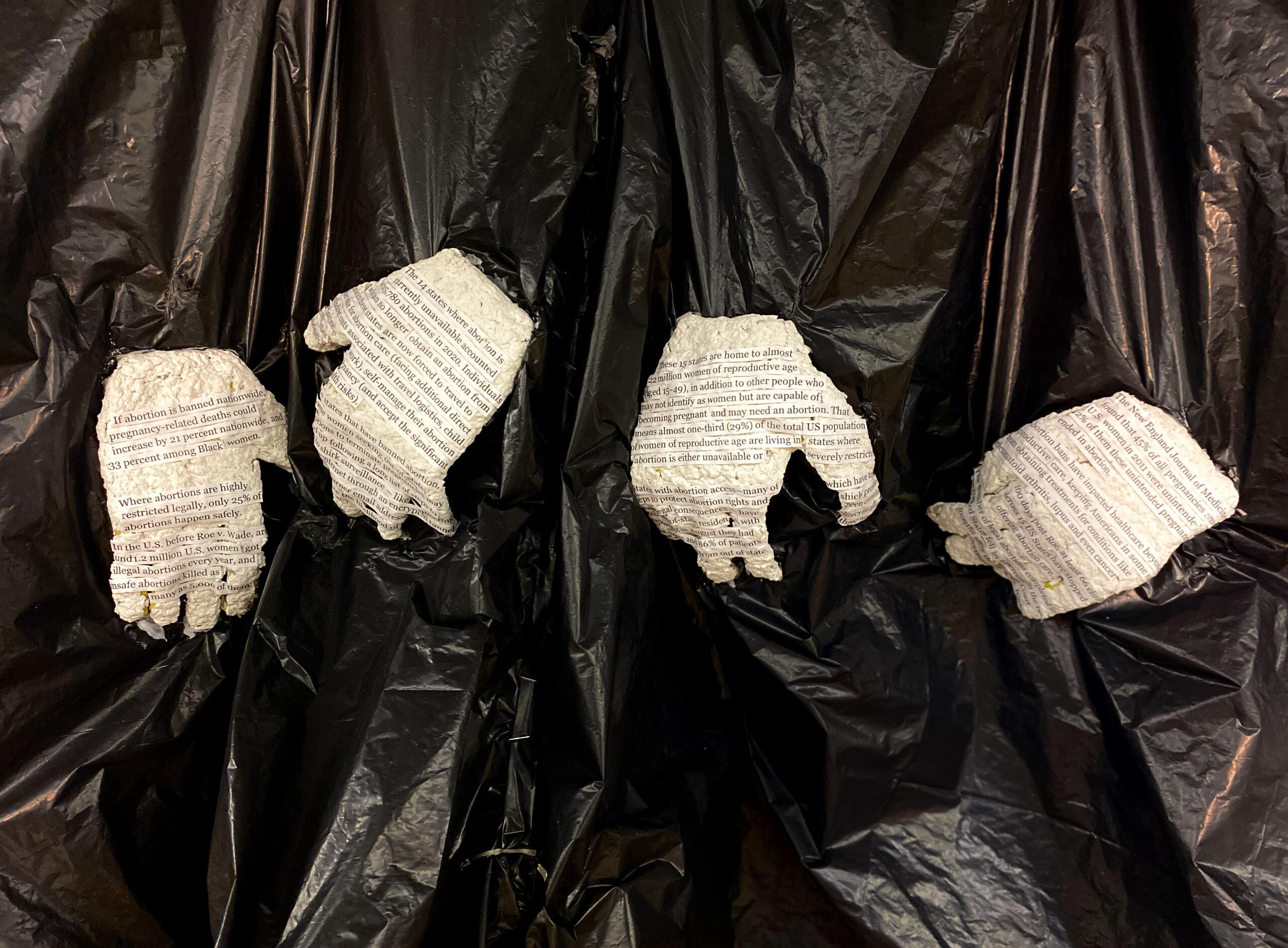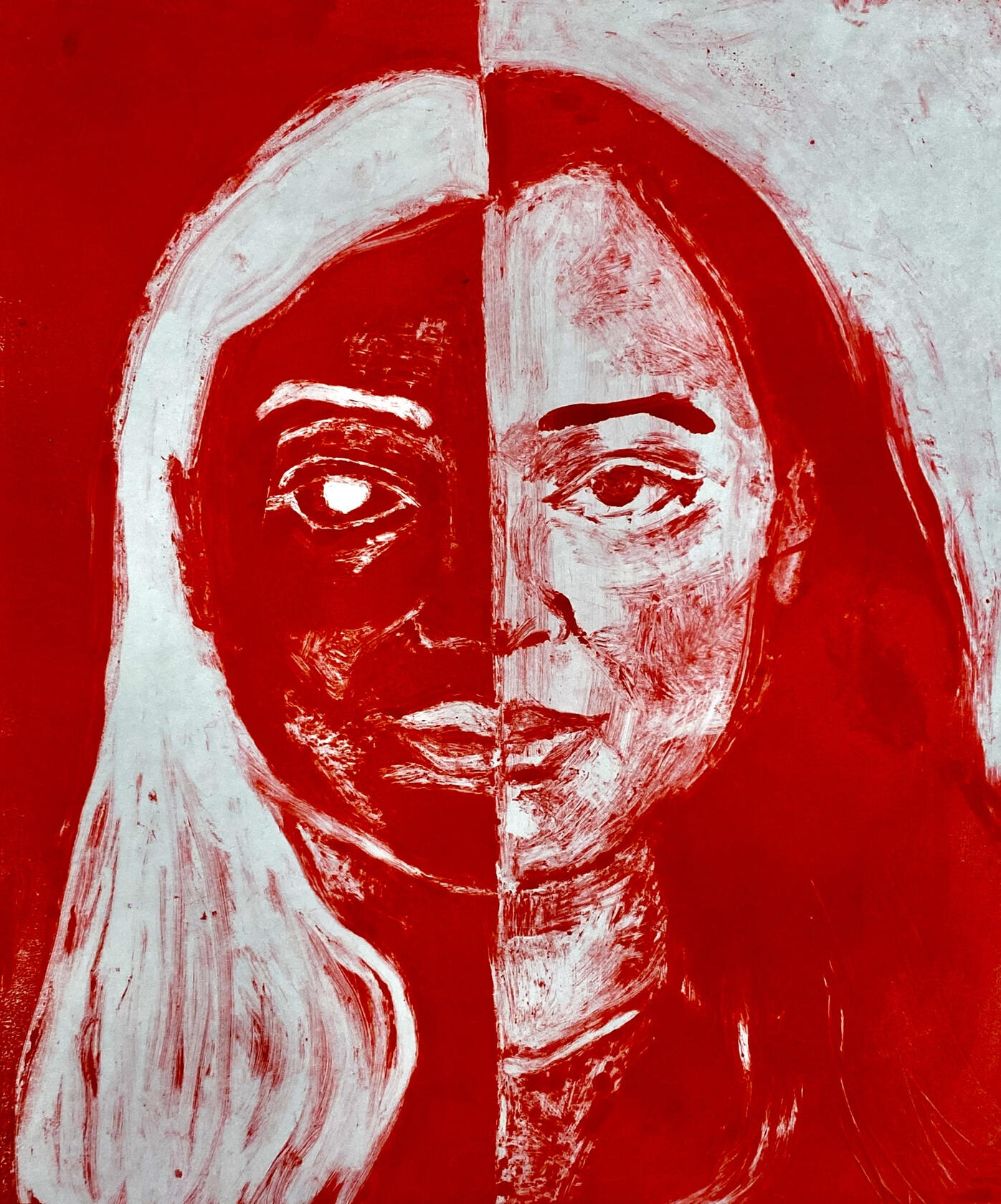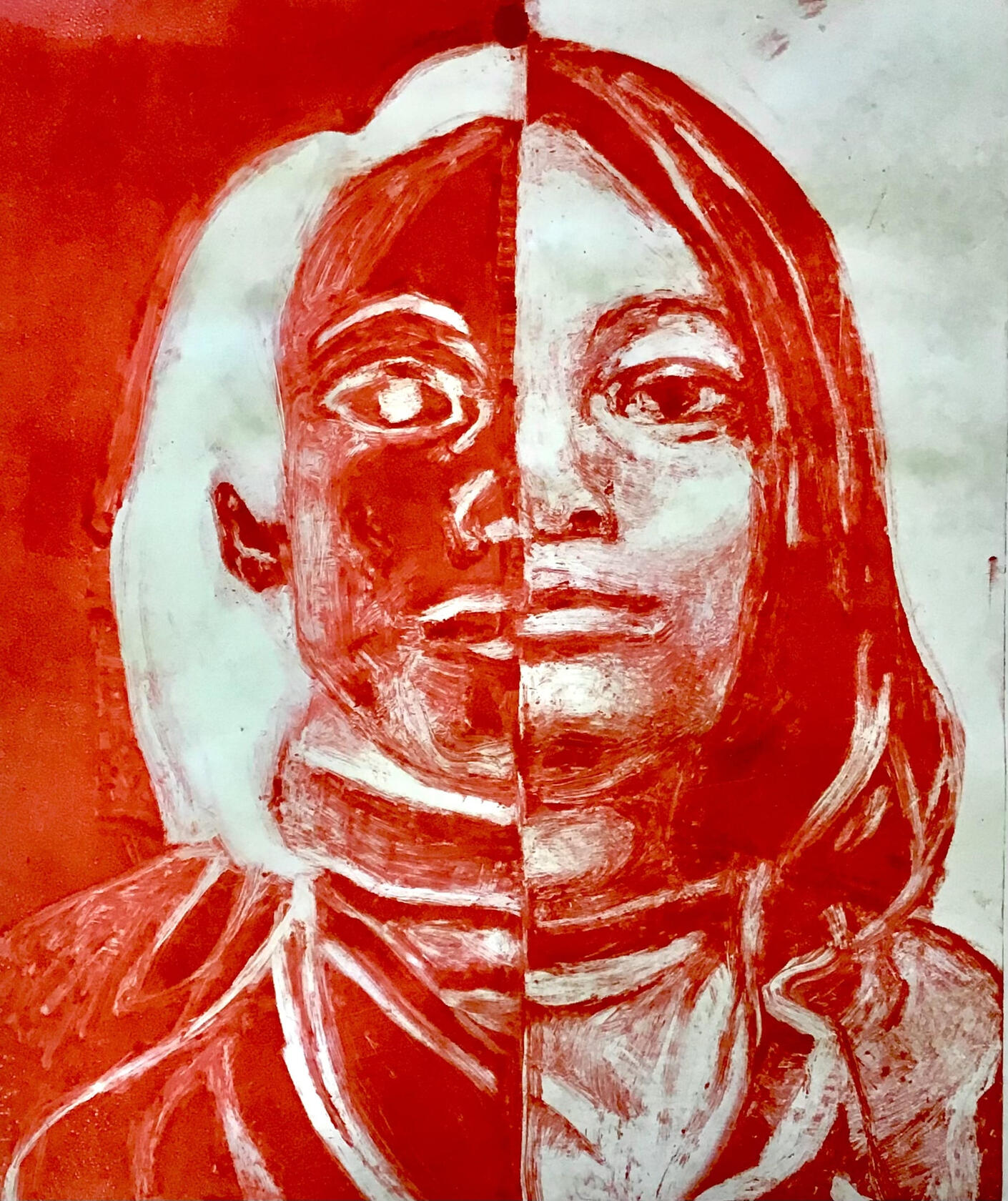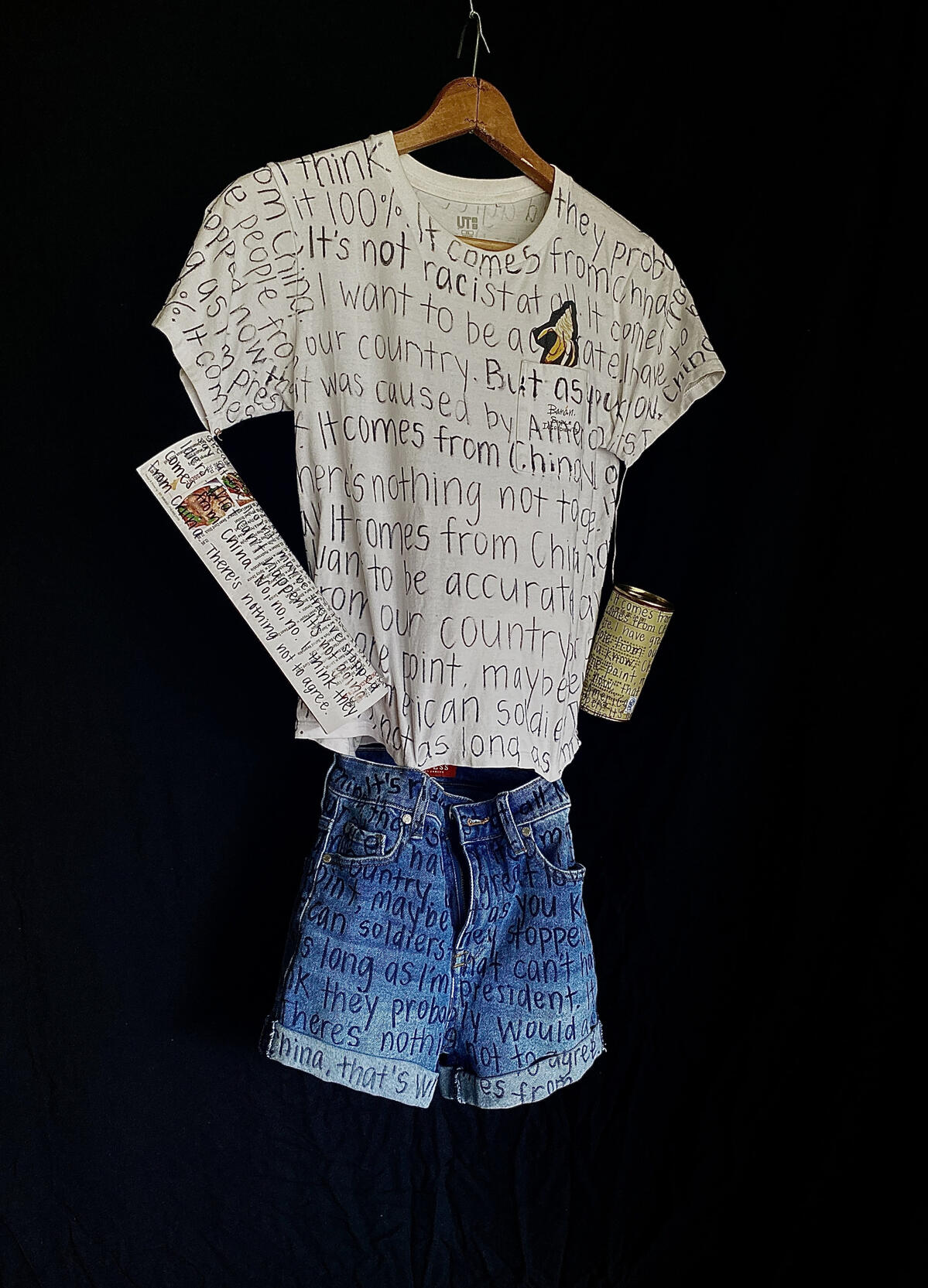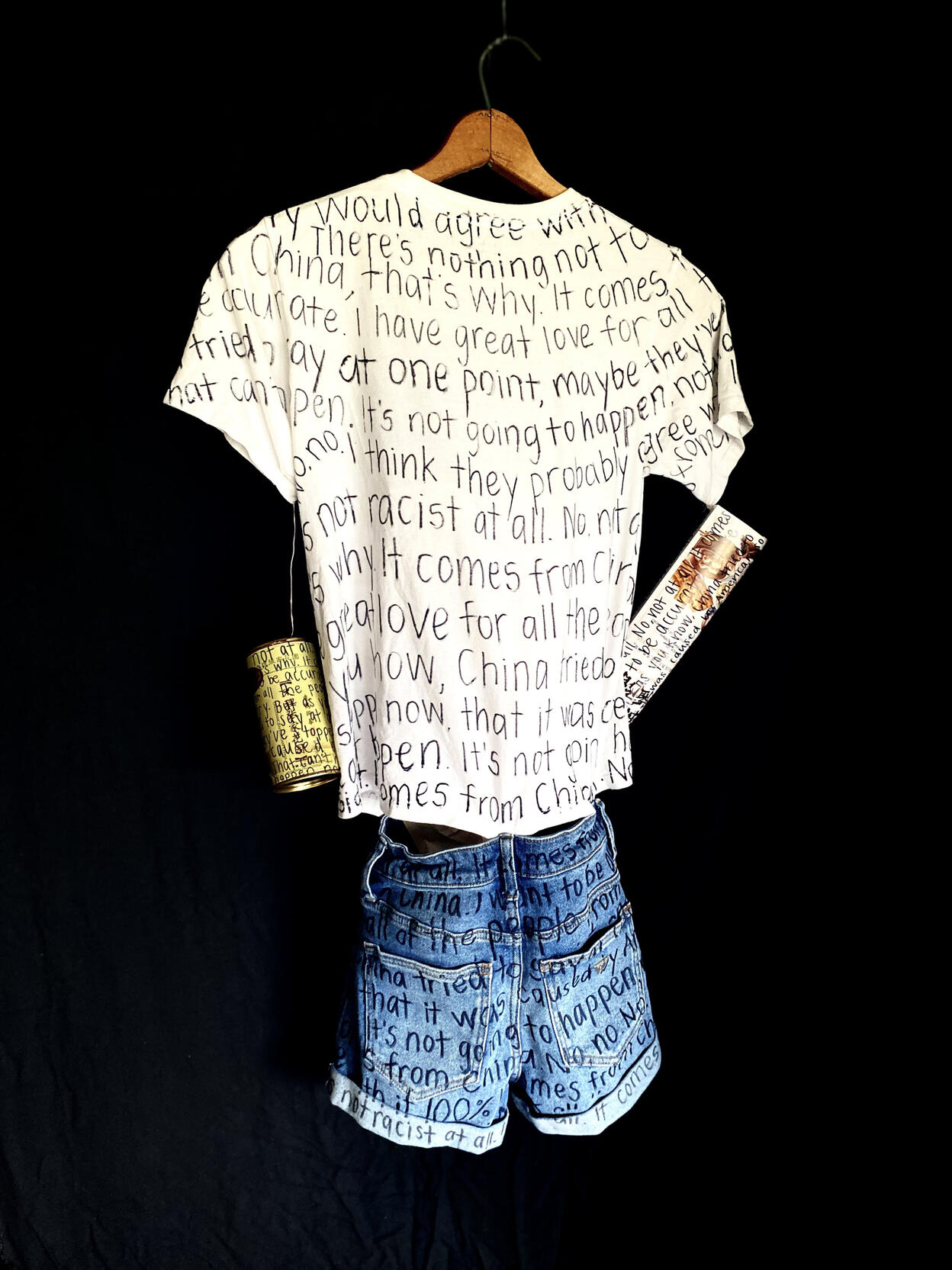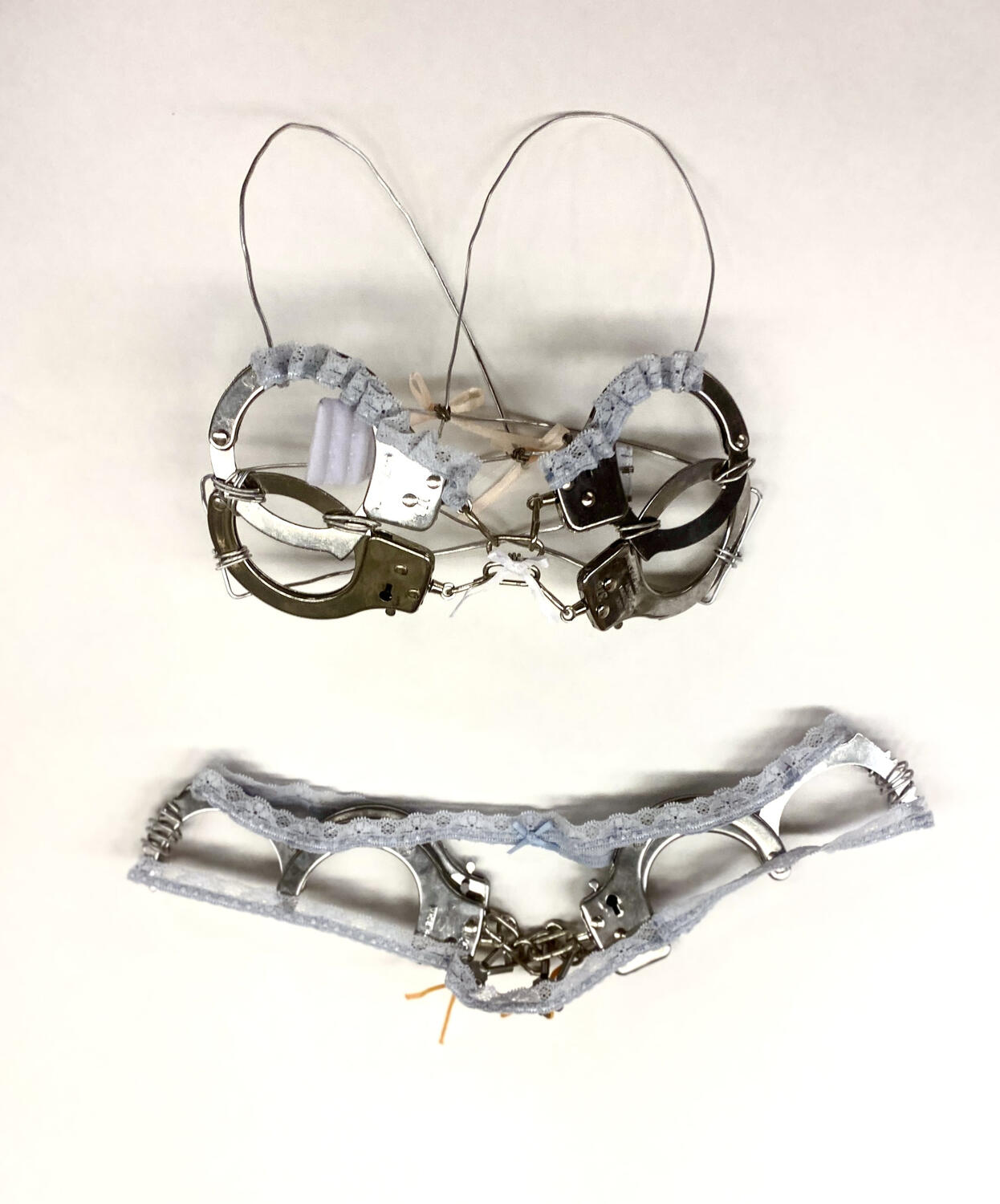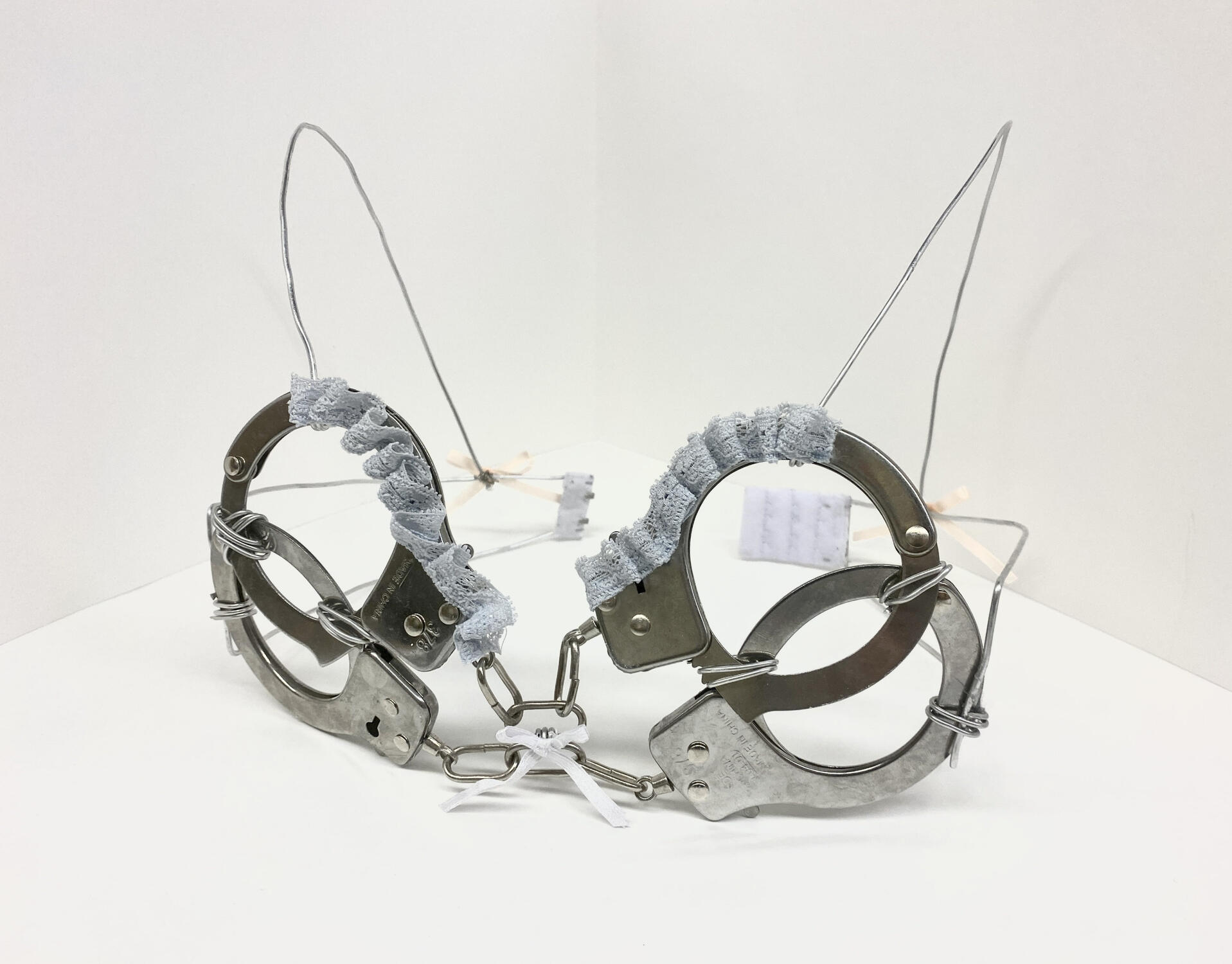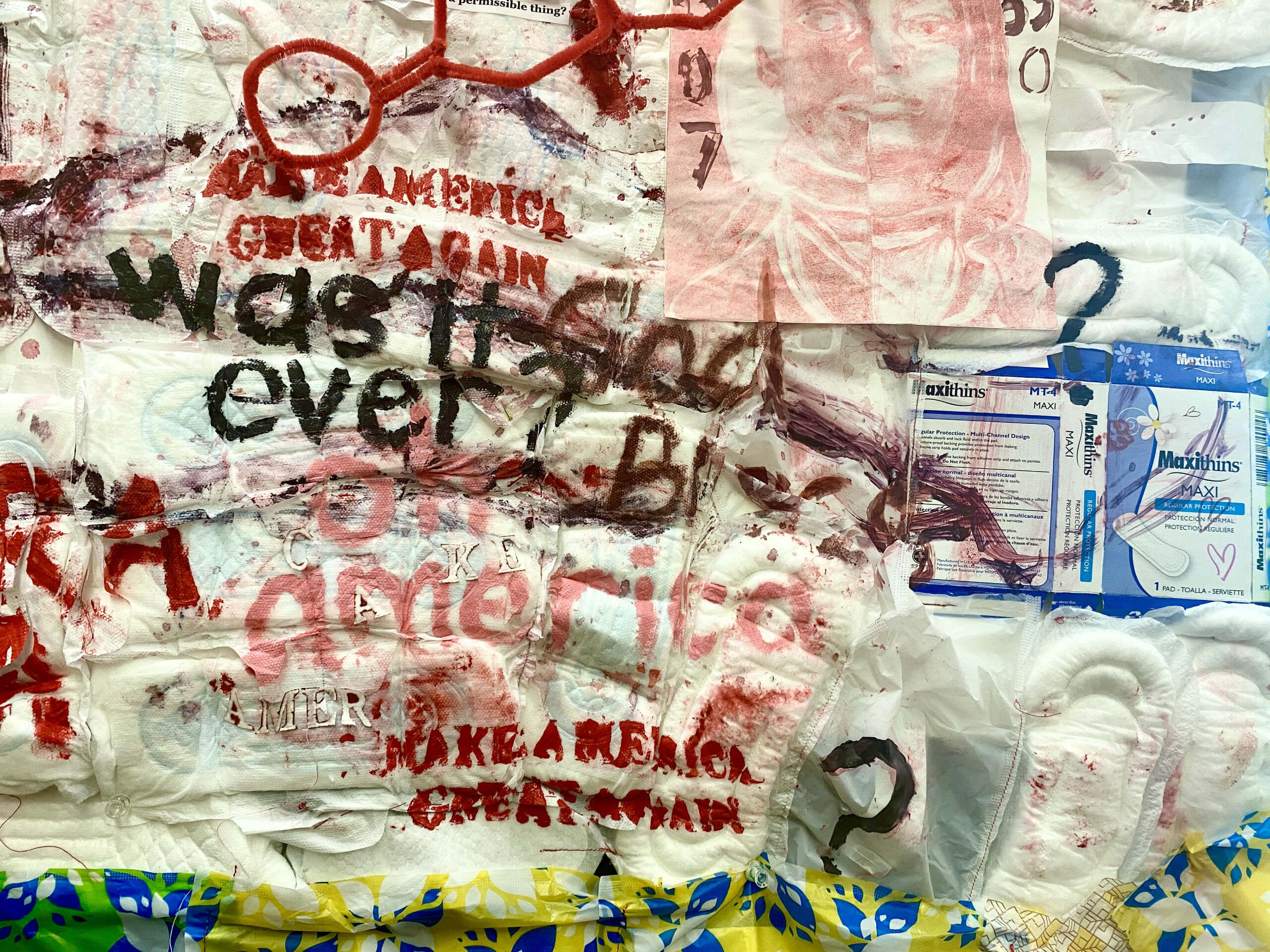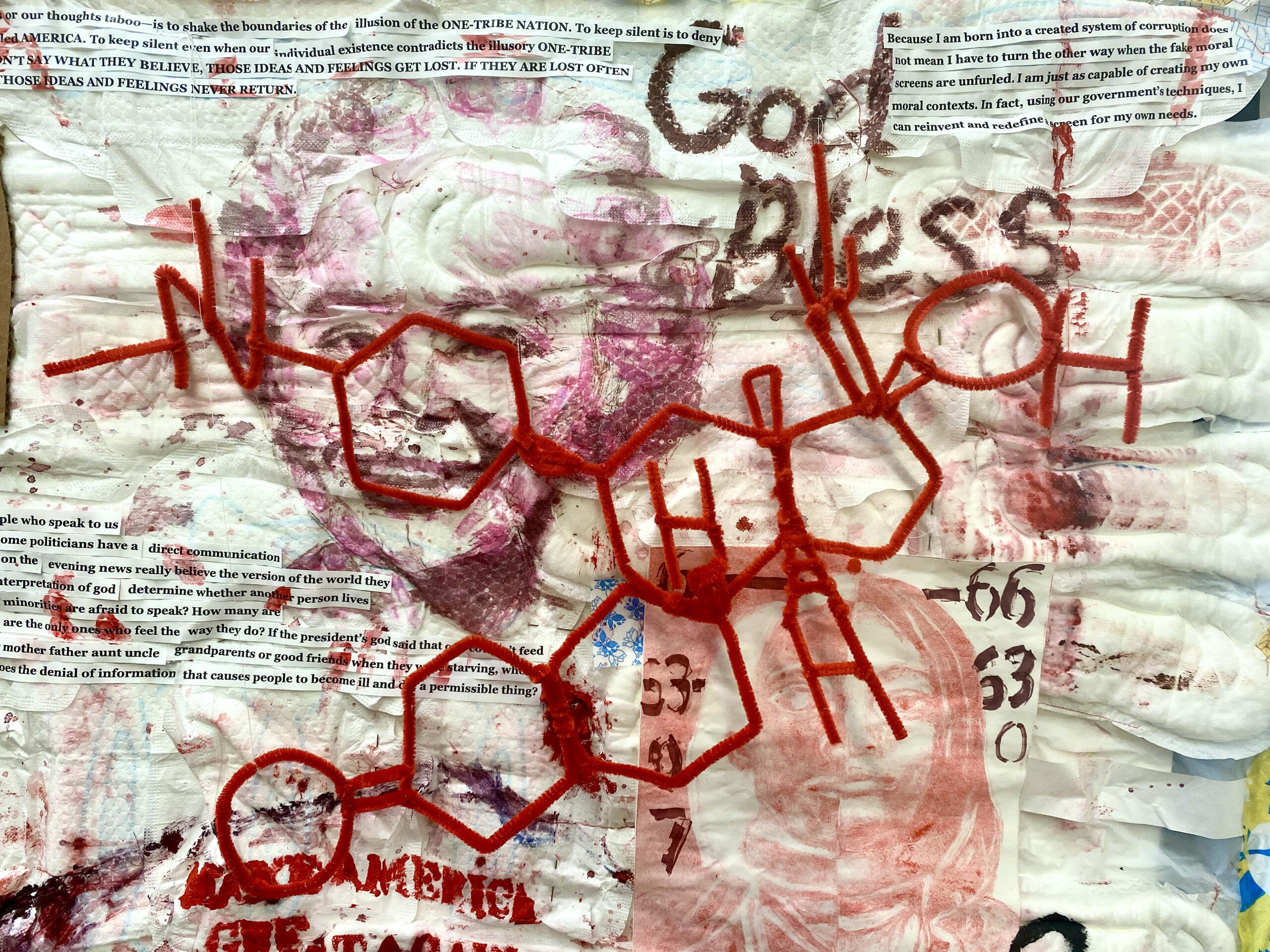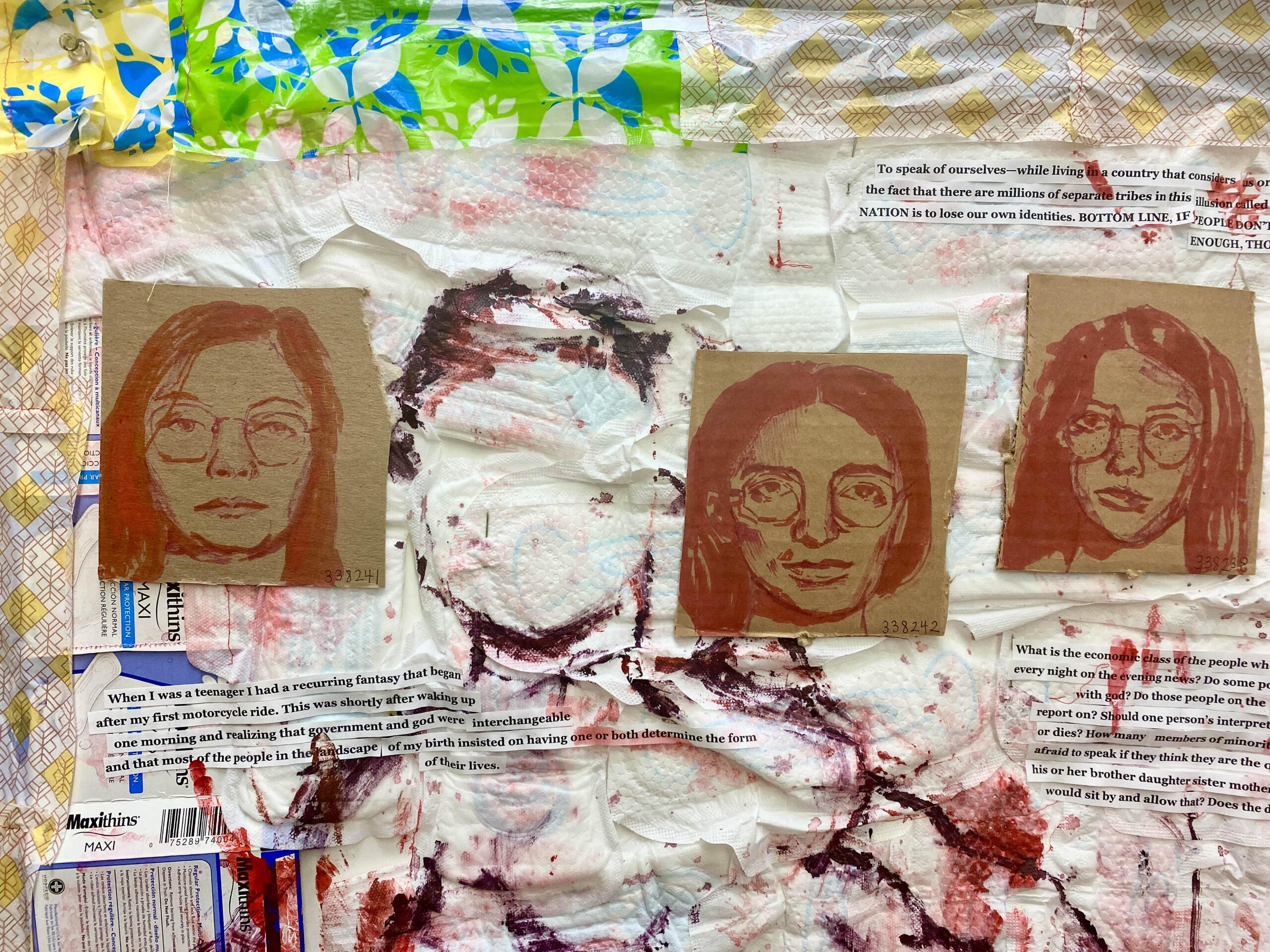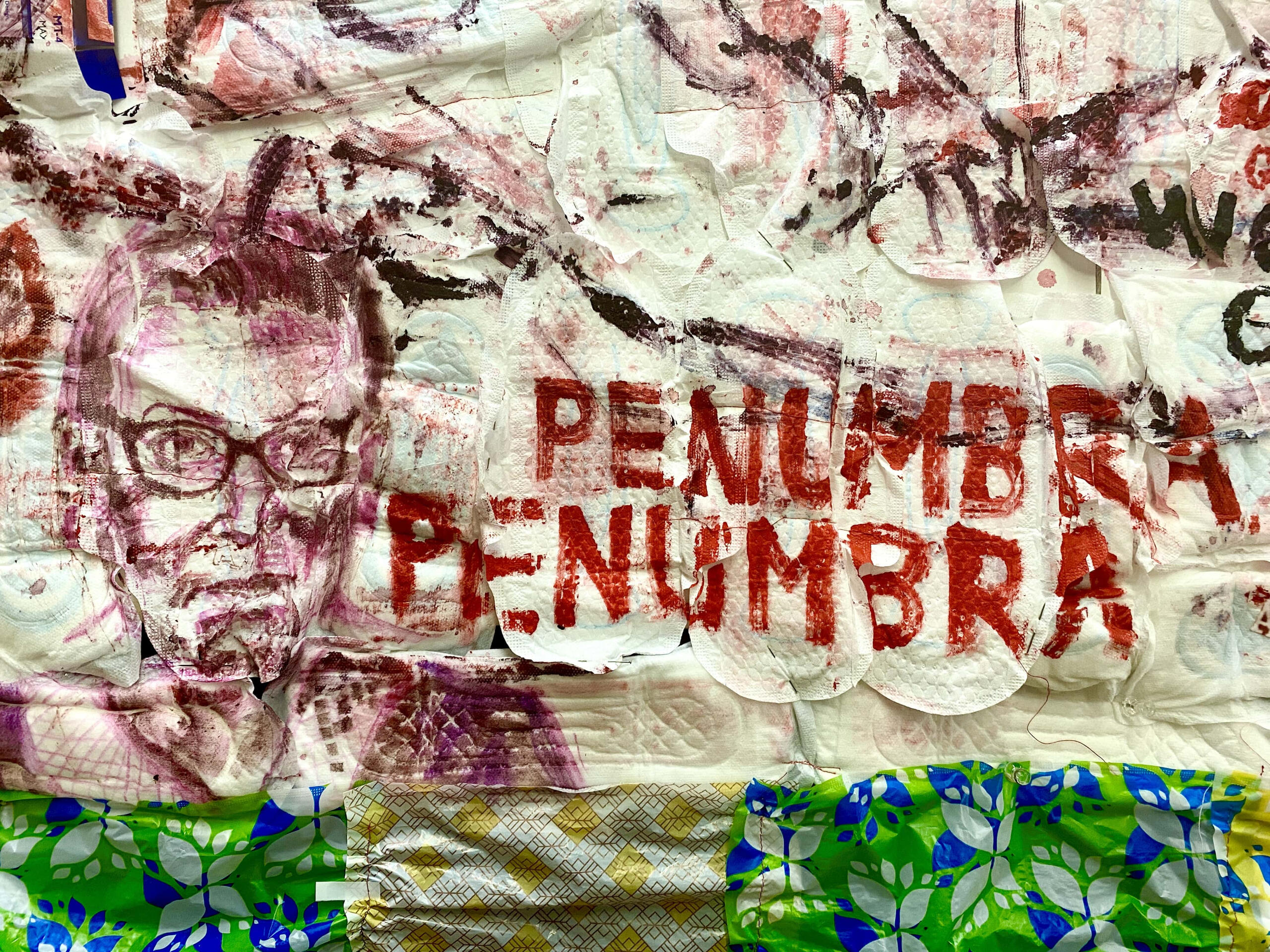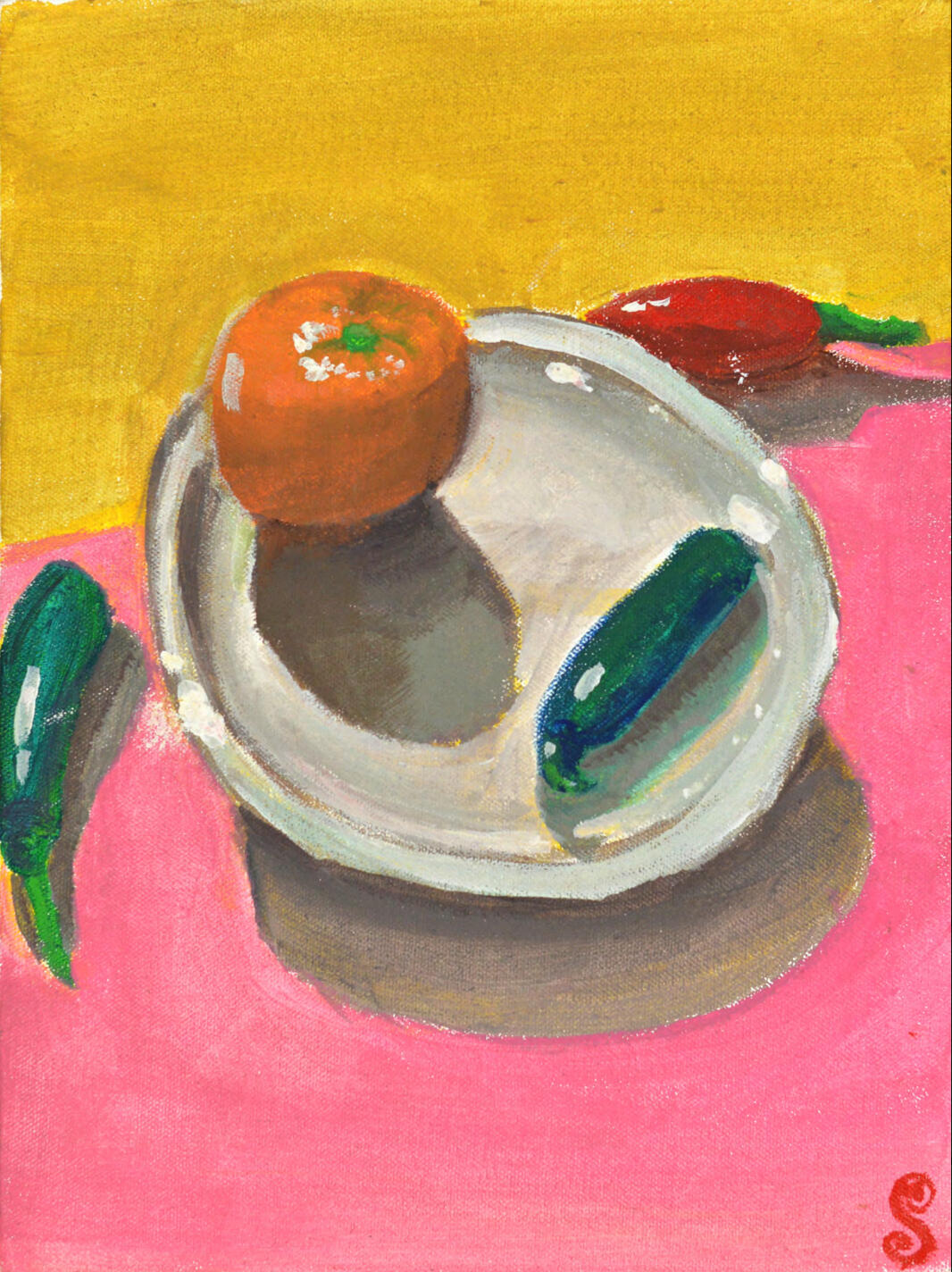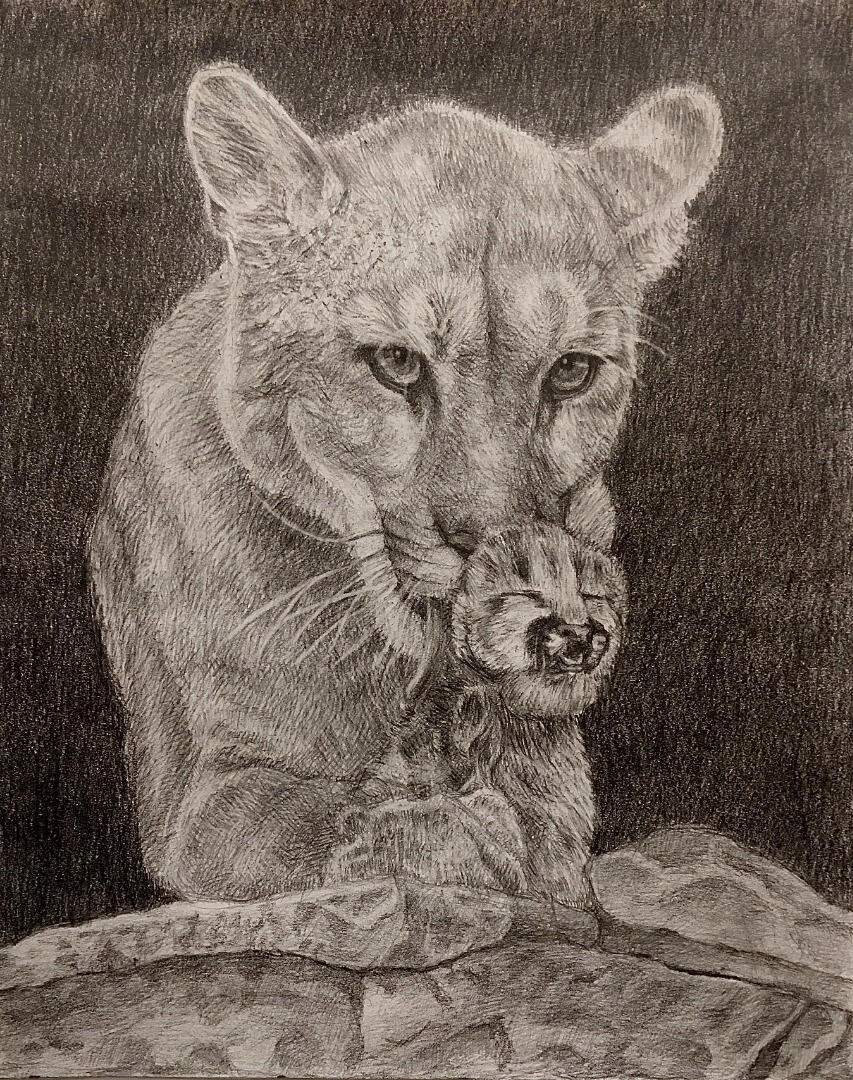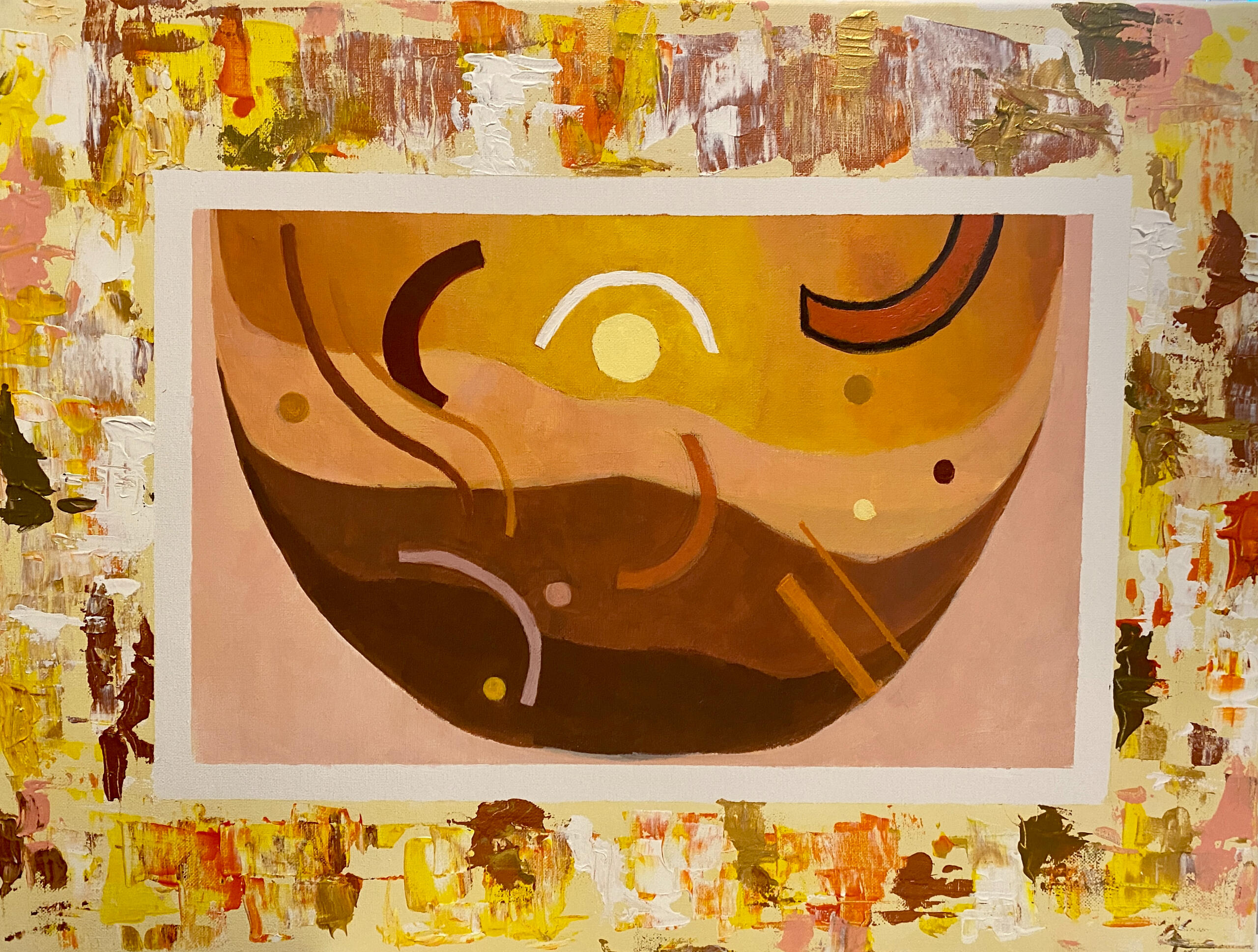Sophia Liu
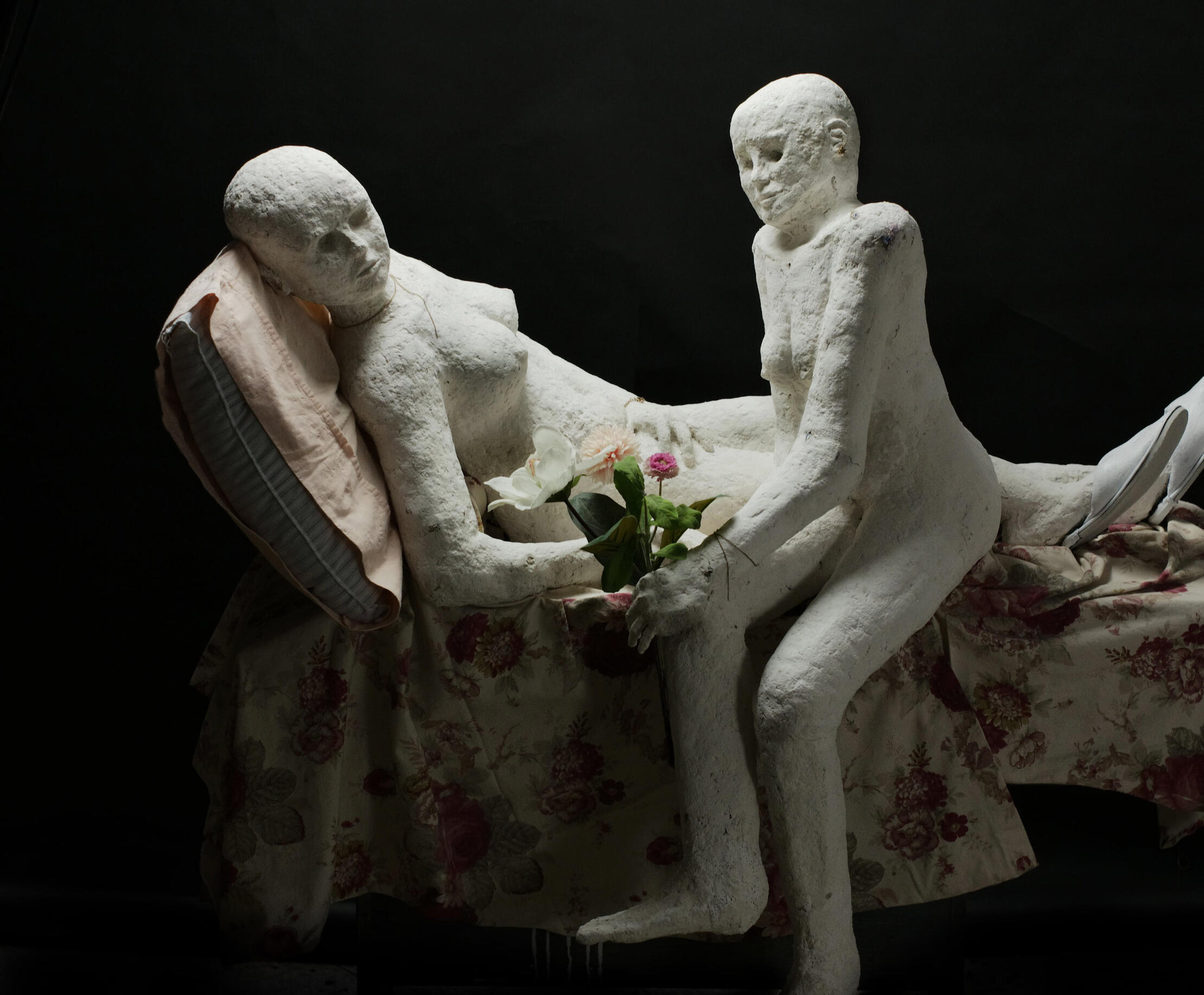
a mother's vision
GATEWAY TO AMERICA
SELECTED POETRY
SELECTED REPORTING
ABOUT
Sophia Liu is a writer, visual artist, and filmmaker. The author of the poetry chapbook There Is No Happy Ending (New Rivers Press 2023), her work appears in literary journals including Frontier Poetry, Puerto del Sol, AAWW: The Margins, and DIALOGIST and has been widely awarded. From 2022 to 2023, she served as Co-Editor-in-Chief of Surging Tide Magazine, where she hosted an interviews column.Sophia's most recent documentary and journalism work has focused on activism against the new 300-foot-jail in Manhattan's Chinatown and gun violence prevention in New Haven.Sophia studies Neuroscience and the History of Science at Yale University.
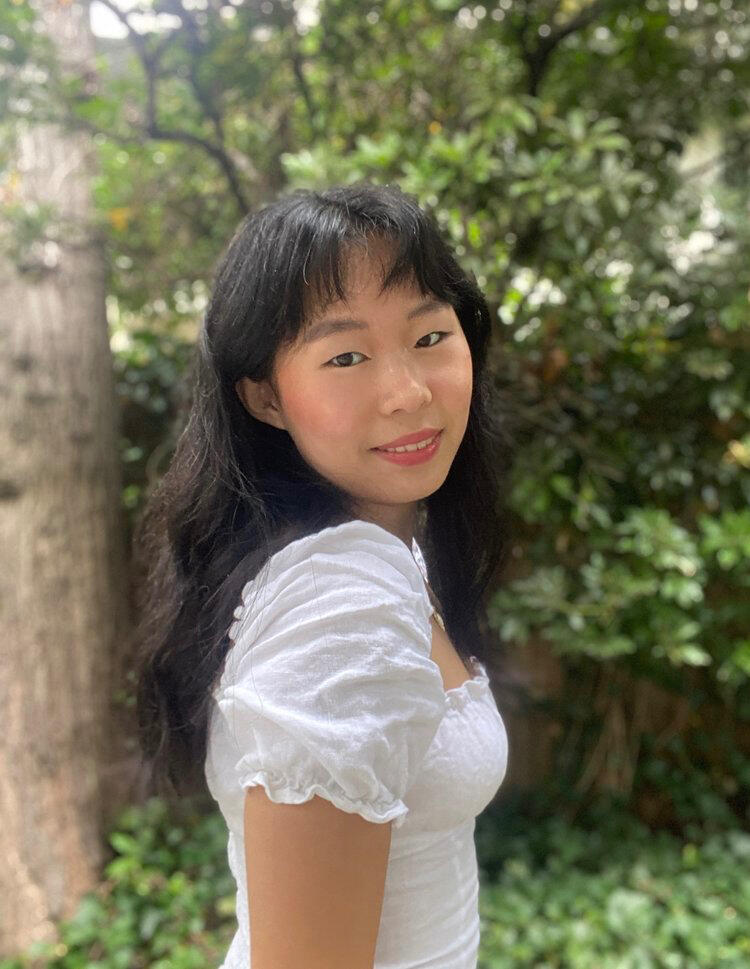
Contact
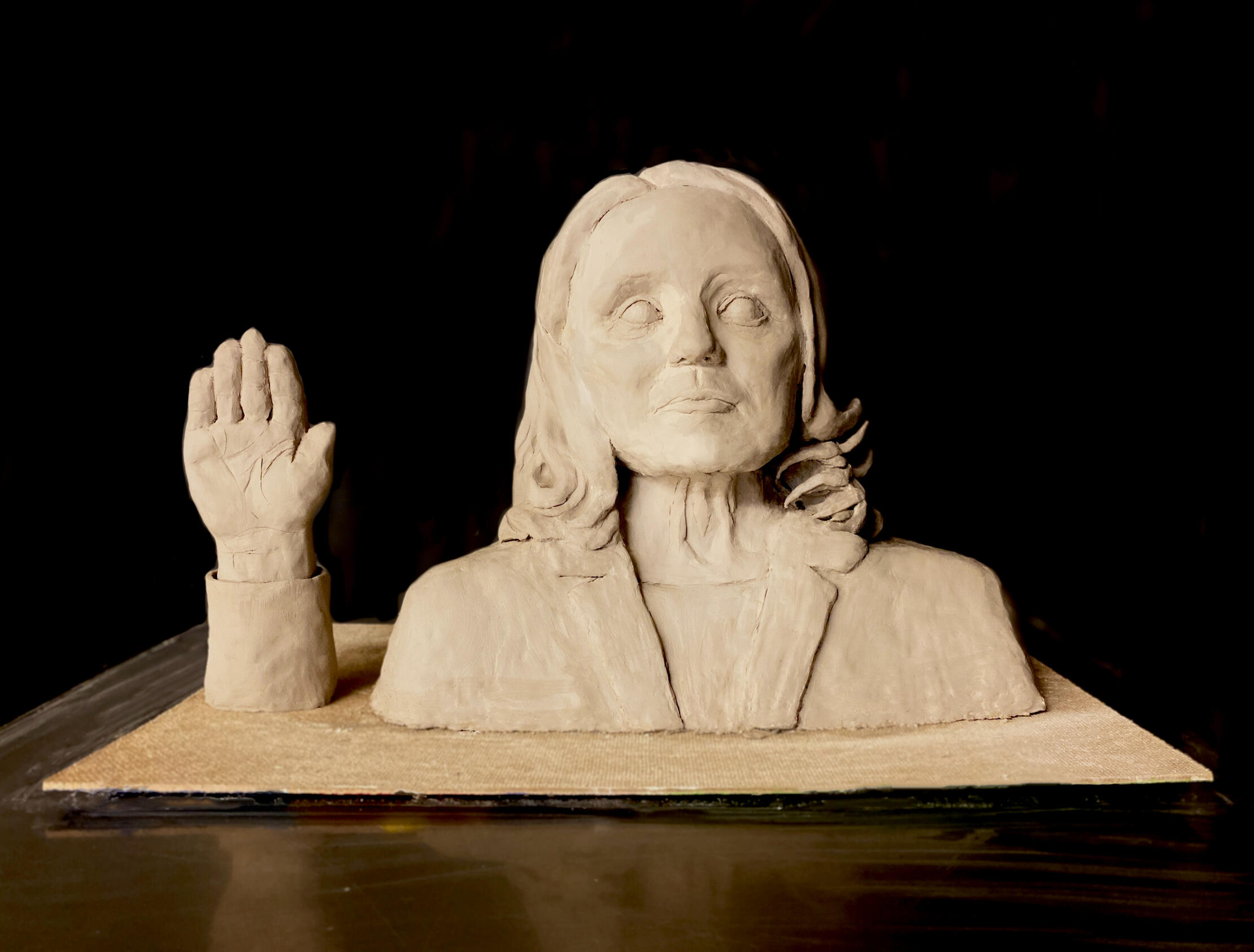
Christine
2023
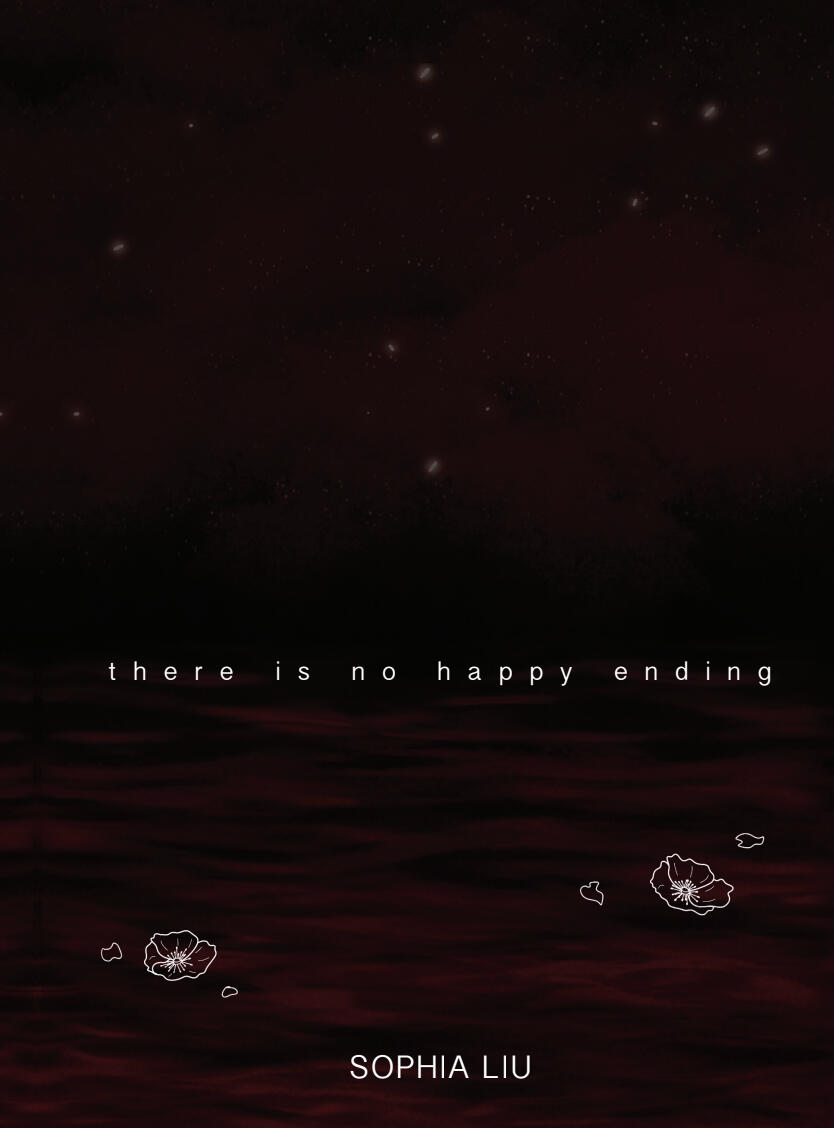
Praise for There Is No Happy Ending:In this explosive chapbook, Sophia Liu charts maternal lineage: here is a speaker "not killed at infancy" who comes from "women who vivisected love / from lychee seeds," who will tell her daughter "to trust the world / through an aperture." These lyric and visual poems sear not only against the aggression and abrasions of the American dream, but of the Motherland, China; they tell the truth in raw, glinting honesty.
- Diana Khoi Nguyen, author of Ghost OfSophia Liu is an extraordinarily accomplished poet of witness, whose work prickles with passionate life. That she has the kind of profound technical mastery that makes itself vanish within the urgency of her poetic speech is almost beside the point. Her poems of social and political describe large lyric gestures. She stunningly integrates Chinese and American experiences and culture, even while her verse remains incandescent with fury at their respective cruelties—and their failures to cohere.- Fiona Sampson, author of Come DownSophia Liu’s There Is No Happy Ending is a dazzling collection that takes creative and masterful risks in language, revealing the complex process of coming to know one’s self intimately in the chaos of a racist and sexist society. Throughout, there is a distinctly authentic voice that remains vulnerable yet resolute as it carries the reader from page to page. Contextualizing contemporary Communist China’s impact on the global community and the individuals descended from it, the chapbook compels readers to negate preconceived notions about the Asian American and femme-identified person via a series of significant narrative reconstructions related to the Chinese Zodiac, Greek mythology, and linear time. Even more exciting, the ekphrastic section is a series of intimate reflections and cultural criticisms that elevate the poignancy of the important photos. If a chapbook is a preview of what we can soon expect from an emerging author—consider me fully invested!- Faylita Hicks, author of Hoodwitch
Statement
To cement lasting change, grief and indignation must be sustained. After every hate crime and school shooting, sorrow and rage peak, only to promptly plateau. Decades of fighting for the same causes continuously end fruitlessly. Through my artwork, I aim to prolong memory and emotion to fight against erasure and for remembrance.
I defend and honor my cultural and familial history and immortalize lives lost to white supremacist violence in the hope that I can shift the idealized and limited narrative of American historical memory, challenge the status quo, and form a more just world. In three dimensions, my artwork transports audiences closer to the brutal reality of America—where historically, my community has been unrepresented and our perpetrators have been celebrated.
Divulging the underbelly of American exceptionalism, my work critically examines history, humanizes individuals, and dismantles existing power structures. By portraying marginalized communities, I illuminate their stories so that they can be ingrained in history and inform the future.
Why? Why are we here? What are we doing? Why are we here? What are we doing?
Installation, 20 pieces of children’s clothing, whiteboard, flag
54" x 63"
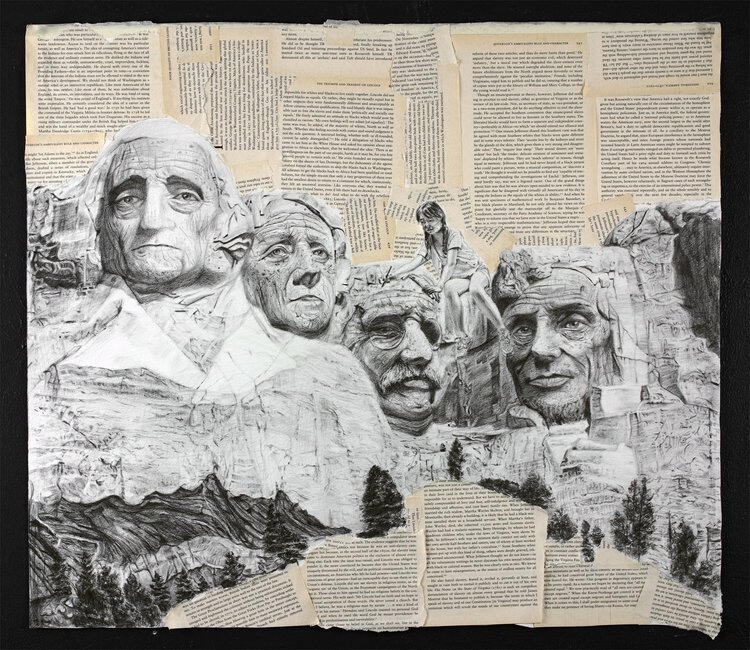
A Rush More Godless
pencil drawing, pages from A History of the American People by Paul Johnson
24" x 30"

Mother?
acrylic paint on canvas, wire, wire mesh, plaster mold, fabric, paper-mache
45" x 15" x 9"
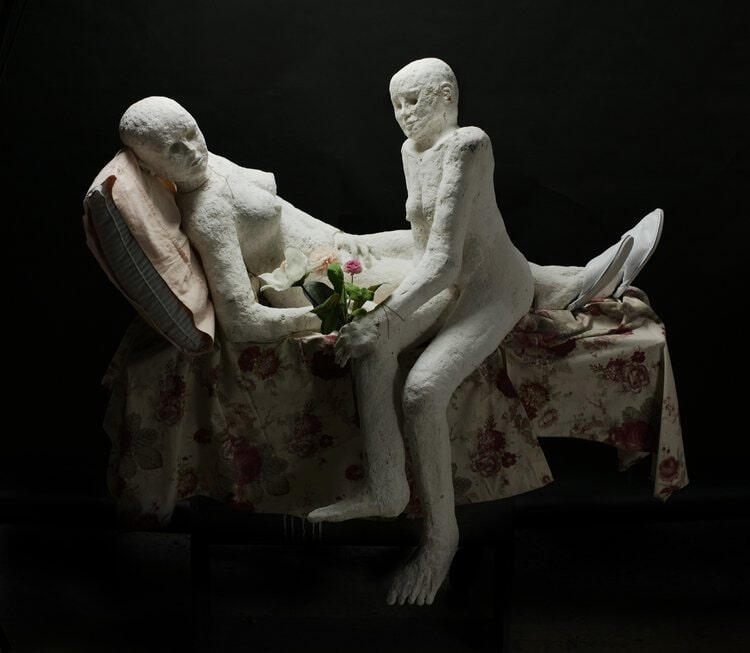
Olympias
paper-mache, cardboard, jewelry, fabric, pillow, slippers, flowed
46" x 58" x 27"


Women Warriors
Clay, laser-printed wooden frame made on Adobe Illustrator, gold paint
9" x 30" x 0.5"
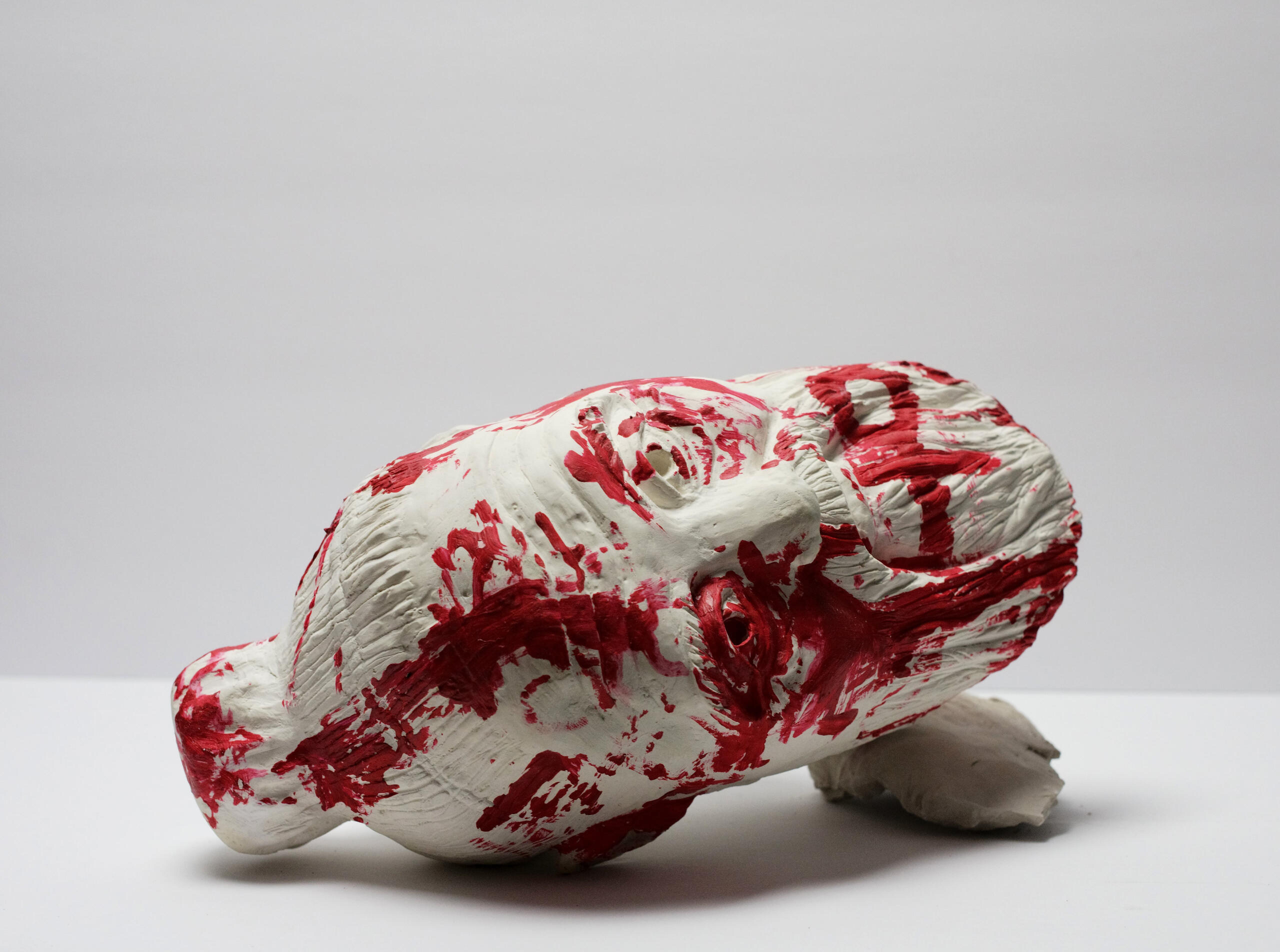
I Killed Confucius
clay
14" x 8" x 10"
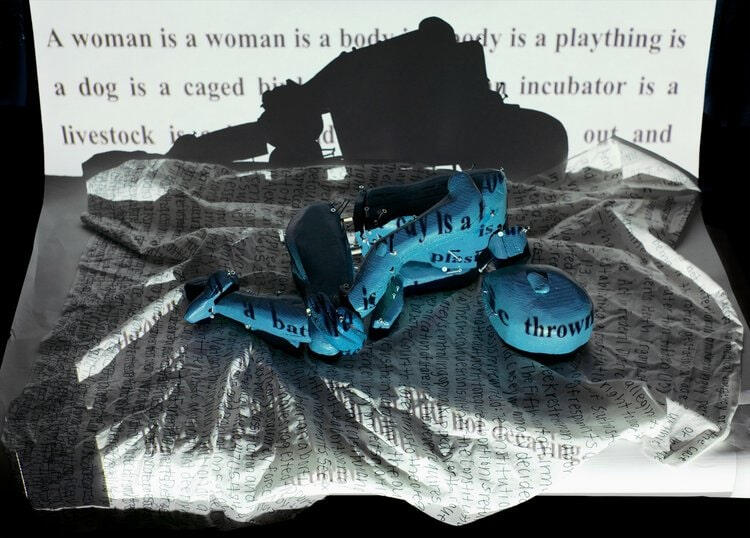
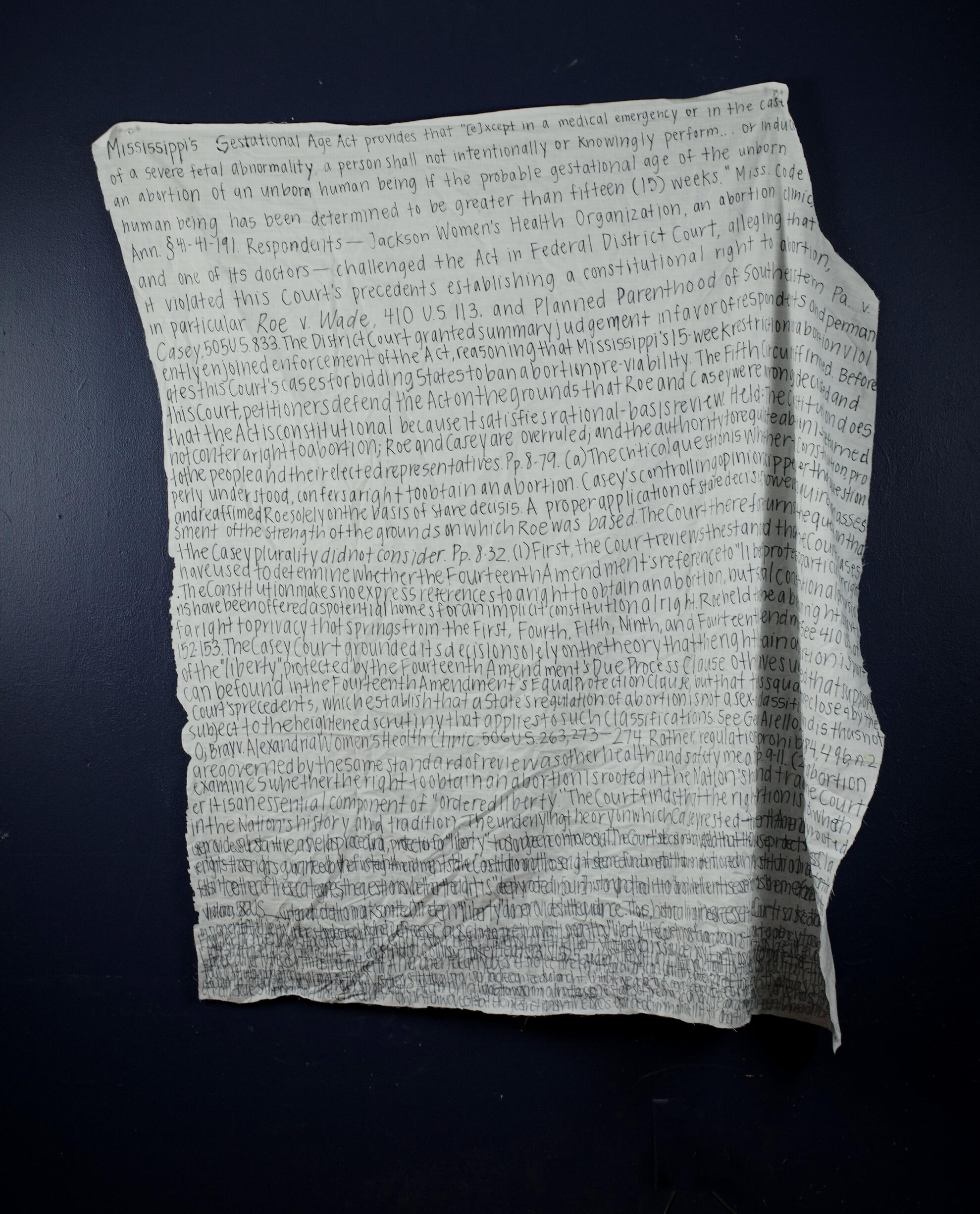
What Is a Woman?
foam, paint, fabric, sharpie, nails, wooden dowels, projected image
26" x 10" x 14"
POWER
Statement
I’m interested in how language functions as a vehicle of oppression and contradicts reality. Though America claims to be a beacon of democracy, its history proves otherwise. Last June, five people who were not democratically elected determined that women could no longer make decisions about their own bodies. I inquired how language wielded by people in positions of power affects women and people capable of pregnancy, especially those at the intersection of marginalized identities. Drawing inspiration from Isabel Wilkerson, David Wojnarowicz, and Barbara Kruger, I dissect the implications of the Dobbs v. Jackson Women's Health Organization case and Trump’s “Lock her up!” chant.

Child's Play 13" x 7" x 1"

Child's Play (rearranged)

Christine 17" x 19" x 10"

Christine's Shadow (words by Senator John Cornyn)

Sketchbook planning for Christine 9” x 12”

In Solidarity 16” x 18” x 13”

In Solidarity 16” x 18” x 13”

Directions for exhibiting In Solidarity

Story by sexual assault survivor from Colorado State University

Post- Roe 72” x 80” x 22”

Post-Roe (hands)
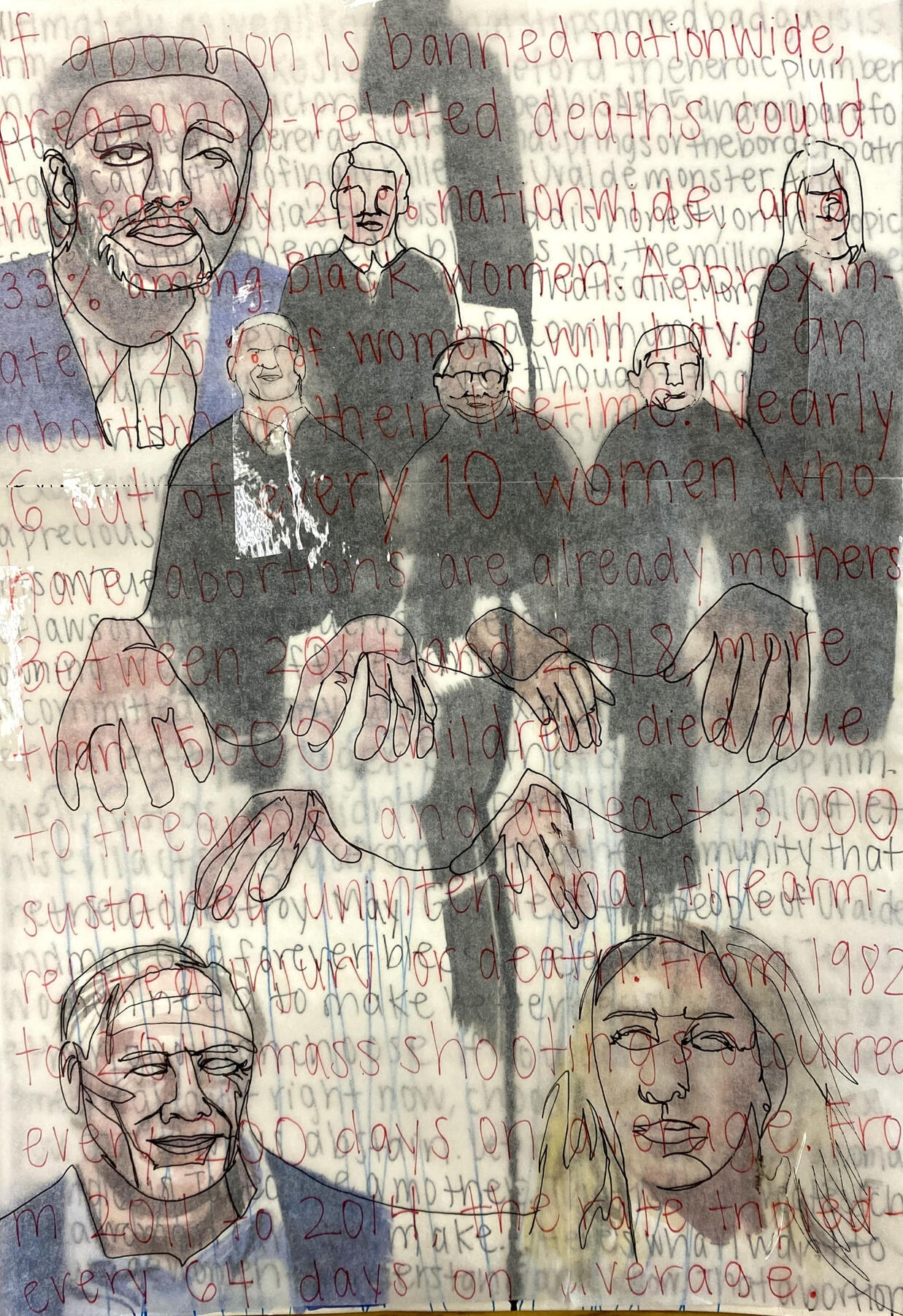

Monoprint of Lizelle Herrera 9” x 8”

Monoprint of Kenlissia Jones 9” x 8”

Self-Portrait as Agreeing with It 22” x 18” x 2”

Self-Portrait as Agreeing with It 22” x 18” x 2”

Lock Her Up 18” x 9” x 2”

Lock Her Up (bra)

Analysis 37” x 52” x 1”

Analysis (God Bless America)

Analysis (Gerri Santoro)

Analysis (The Janes)

Analysis (Ruth Badger Ginsburg)
PURCHASE ORIGINALS
Please inquire through email (sophialiuart@gmail.com) about purchasing.

Child's Play 13" x 7" x 1"

Child's Play (rearranged)
$45

Still Life 12" x 8"
$22

Monoprint of Lizelle Herrera 9” x 8”

Monoprint of Kenlissia Jones 9” x 8”
$20 each/$30 together

Mother and Daughter 12" x 8"
$25

Red Rocks 18" x 24"

